
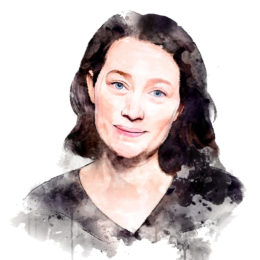
Lydia Wilson
Culture Editor
Lydia Wilson is Culture Editor at New Lines magazine, and also a visiting fellow at the University of Cambridge’s Department of Middle Eastern Studies, a research fellow at the University of Oxford’s Centre for the Resolution of Intractable Conflict, the chair of the Permanent Monitoring Panel for Terrorism and Conflict at the World Federation of Scientists, and the Volkan Scholar at the International Dialogue Initiative. After a BA in Natural Sciences, Lydia did an MPhil in History and Philosophy of Science and a PhD in medieval Arabic philosophy, all at the University of Cambridge. In between degrees, Lydia tried to learn Arabic in Dubai, not realizing how little Arabic was spoken there, and so tried again in Syria, with rather more success.
After a PhD spent on translating and contextualizing Al-Farabi (when she also co-founded the Cambridge Literary Review, a journal specializing in experimental writing), Lydia turned her back on medieval studies and went to Iraq on a research grant to study when and where people make the most extreme sacrifices for a cause, interviewing amongst the PKK initially. When the Islamic State group declared a Caliphate, her research expanded to cover the phenomenon of those joining the fledgling caliphate, interviewing ISIS prisoners, families, recruiters and others across the MENA region and Europe. This work continued during postdocs in Cambridge, New York, Oxford and then back at Cambridge, and expanded into consultancy for U.N. agencies, government and NGOs on Countering Violent Extremism.
Throughout this time Lydia wrote journalism as well as academic articles on conflict, terrorism and culture, her articles appearing in Time, the New York Review of Books, the Nation, the Times Literary Supplement and many other outlets. She also dabbled in broadcast journalism, presenting the 3-part BBC television series “A Secret History of Writing,” and regularly speaking as an expert on various international channels. During lockdown, with travel impossible, Lydia joined the University of Cambridge’s Computer Lab to work on patterns of online radicalization, and this is when she also joined New Lines as a contributing editor. There was no way back from this step into the New Lines fold, and responsibilities increased until she became full-time in April 2022.
Lydia welcomes pitches on any aspect of culture, social or artistic.
Latest from Lydia Wilson
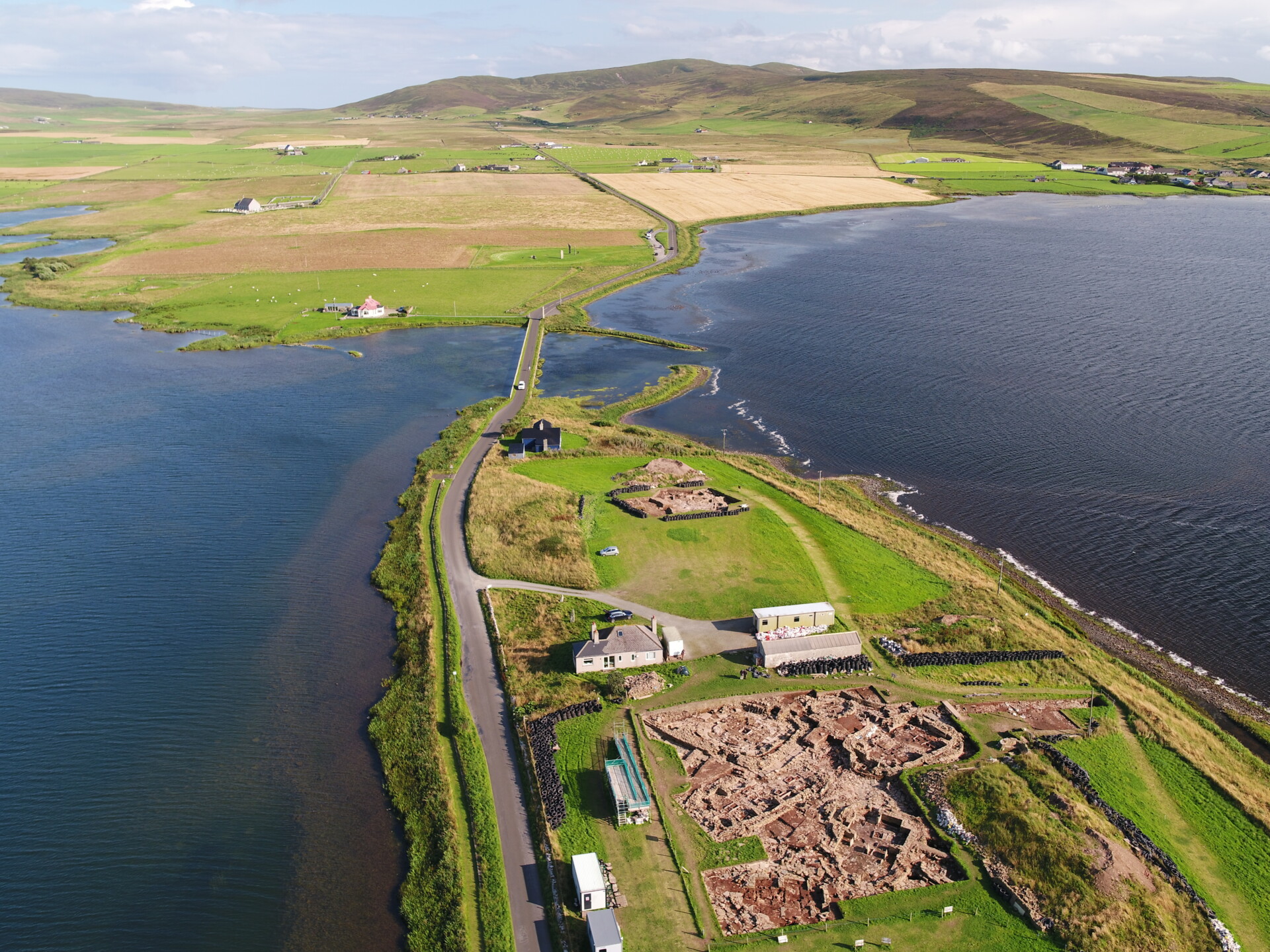
Orkney, the Surprising Center of Neolithic Britain
Thousands of years ago, Orkney was at the heart of Neolithic northern Europe — its landmark buildings welcoming vast numbers of people. Now the main archaeological site on the island has been reburied after 20 years of astonishing research, just as it’s revealed that the Altar Stone of Stonehenge came from nearby.

The Chaotic Power of Elon Musk’s Foreign Political Interventions
Elon Musk has begun promoting far-right politics beyond the borders of the U.S. A closer look at the recent drama he caused in the U.K. reveals that his interventions may have unpredictable effects.
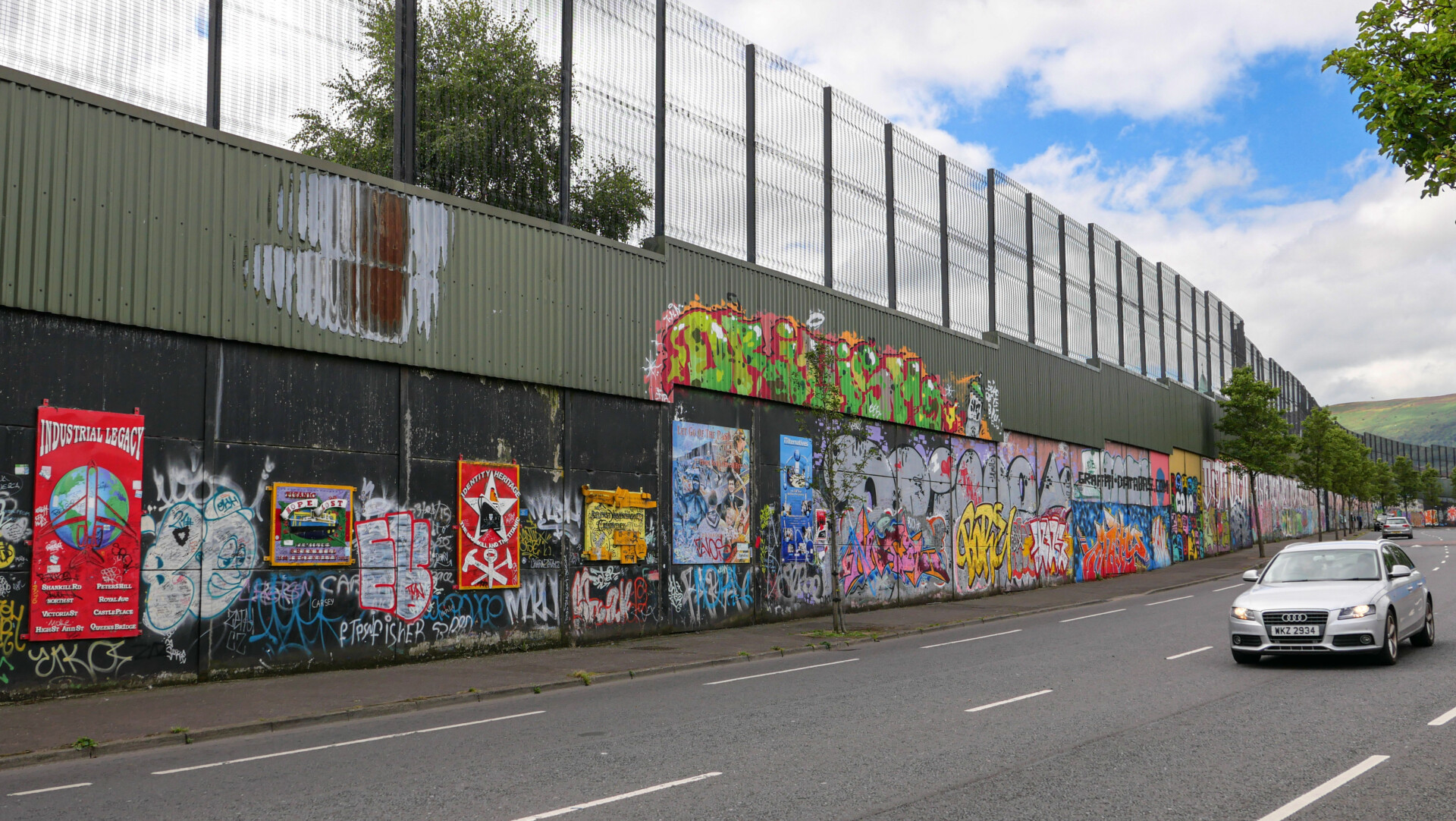
What ‘Say Nothing’ Says About Northern Ireland, Violence and Peace
Northern Ireland has long been held up as a model of peacemaking but, as “Say Nothing” shows, the process was far from perfect. Drama can do the job journalism and politicians cannot, reminding us of the many stories of those left behind, damaged by the violence and left feeling betrayed.

Sweetening the Deal for Cocoa Producers
As a child, Gillian Goddard could pick cocoa beans off the ground in old plantations, sucking out their pulpy fruit as a snack, the richness of the crop going to waste in a country where a common phrase is “cocoa is king.”

Pete Hegseth’s Tattoos and the Crusading Obsession of the Far Right
The tattoos sported by Pete Hegseth, Trump’s pick for defense secretary, have drawn accusations of far-right symbolism and a counterattack that Christian culture is being unfairly targeted. A closer look at the history of these particular images reveals an undeniable picture of militant Christianity and its reimaginings over time.
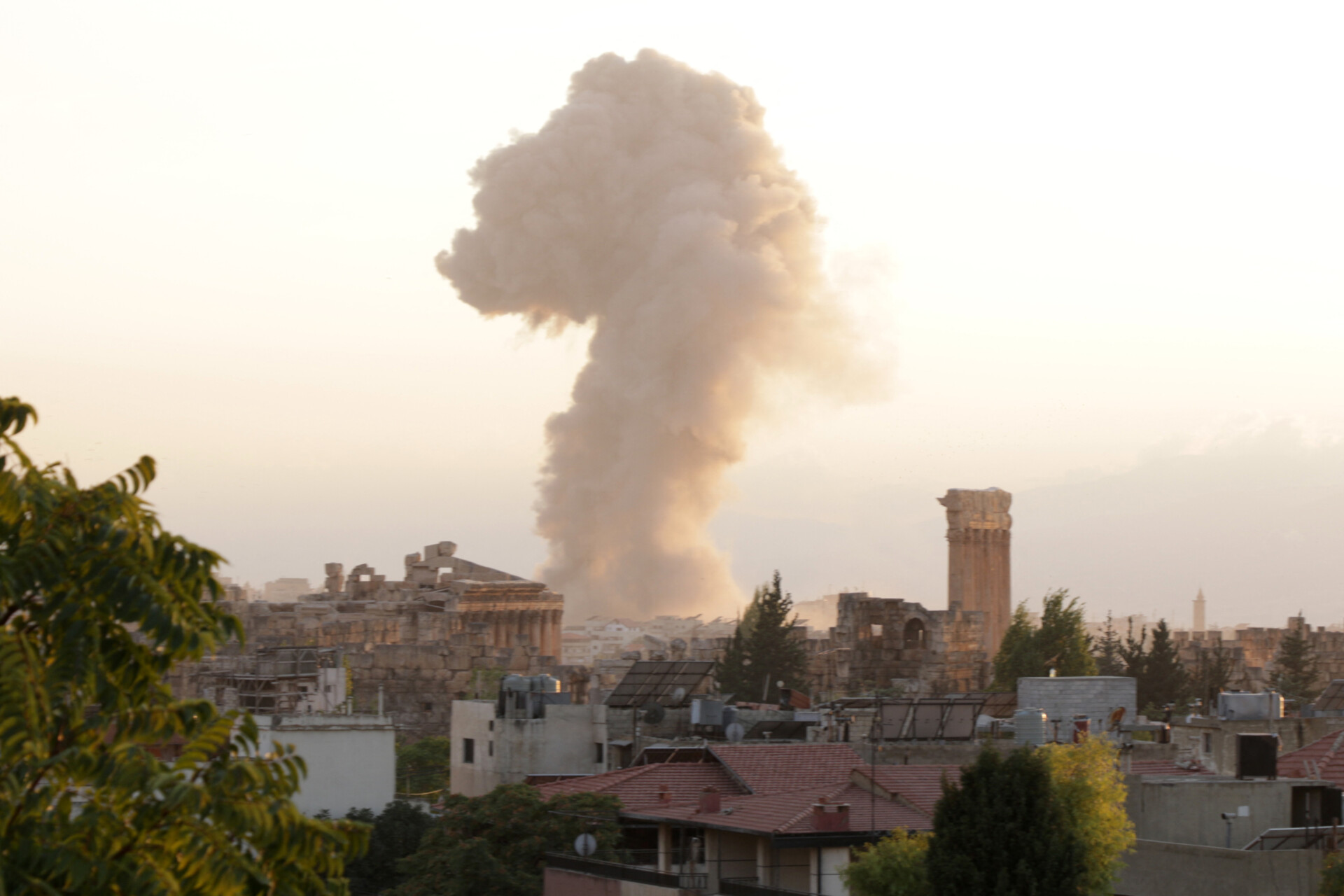
Lebanon’s Heritage Is Disappearing Under Israel’s Bombardment
Israel’s bombing of Lebanon has killed thousands and is doing significant damage to the heritage of a land rich in history. As smaller sites of historical and archaeological interest disappear, experts and locals wait with bated breath to see what becomes of the UNESCO World Heritage Sites at Tyre and Baalbek.
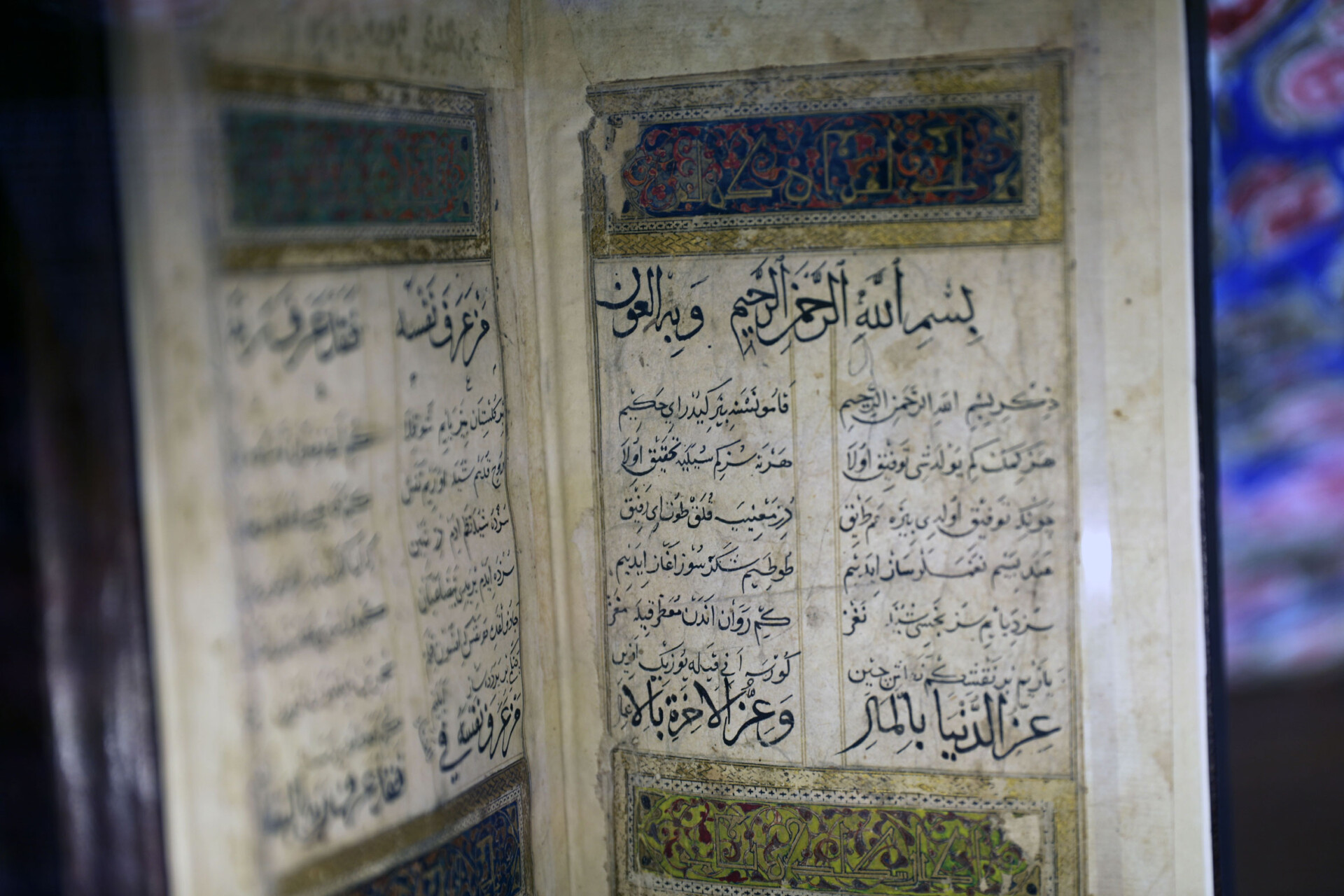
Organized Looting Is Dispersing Islamic Heritage
Heritage from across the Middle East and the Islamic world is being plundered and resold in a market that is booming thanks to armed conflict, lack of enforcement and the ease of online selling. And despite the temptation for those wishing to preserve them, purchasing antiquities only fuels the problem.

Far-Right Riots in the UK Are a Revealing Moment for a New Parliament
While the Labour government under Starmer can punish rioters and gain plaudits for restoring order, altering Britain's national conversation and overturning its legacy will be a far greater challenge.
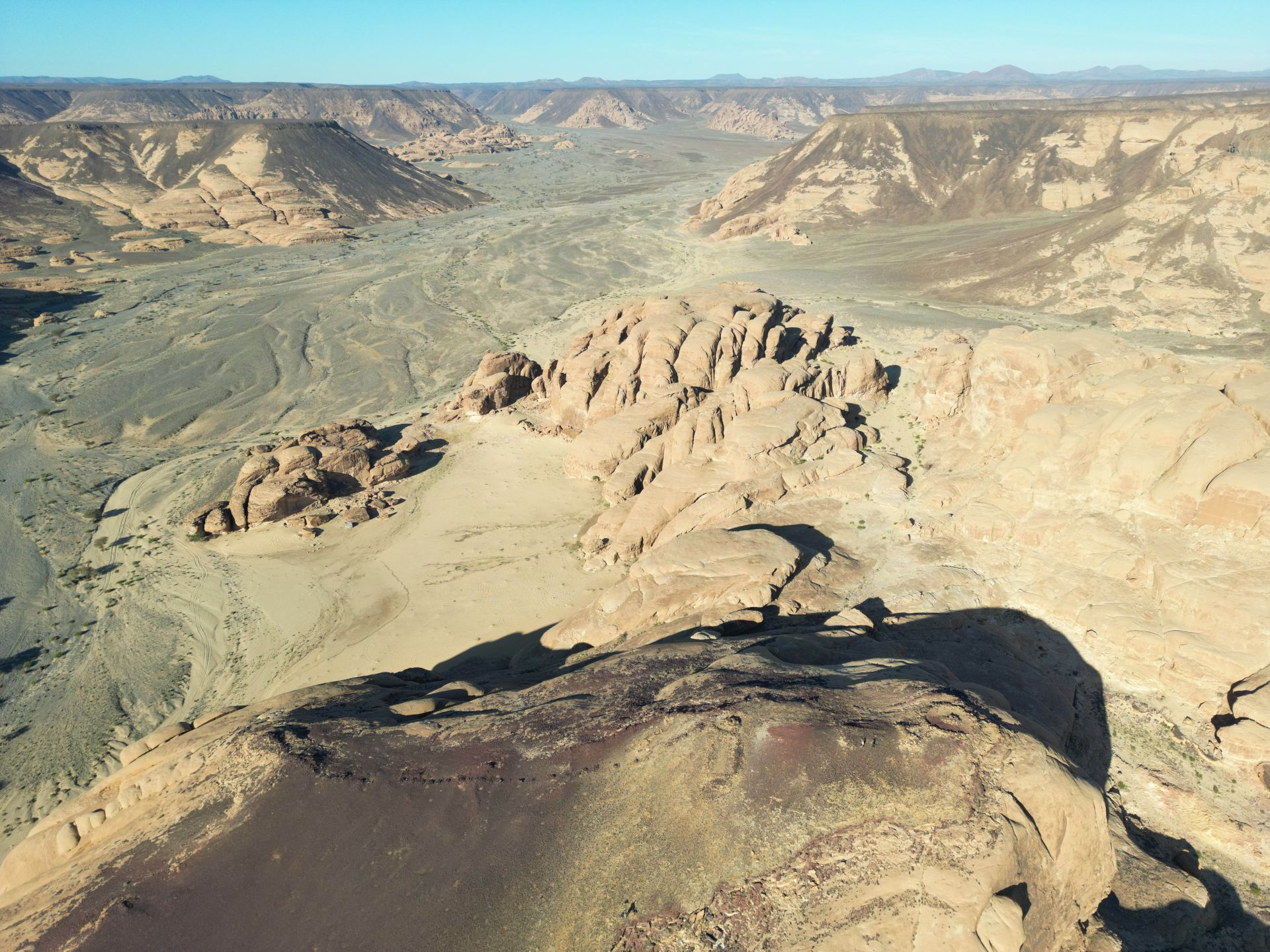
In Saudi Arabia, Ancient Desert Walls Are Rewriting the Stone Age
Humans in Stone Age Arabia left monumental structures behind to honor their deities and their dead, along with abundant rock art. The extent and regularity of their art and architectural styles show that this was no isolated society, but a shared culture that spanned an improbable 116,000 square miles, unheard of in any other archaeological site of the same period, and long before any of the societies that gave rise to the Abrahamic faiths. Result after result from the Saudi deserts is transforming how we think about our prehistoric ancestors.
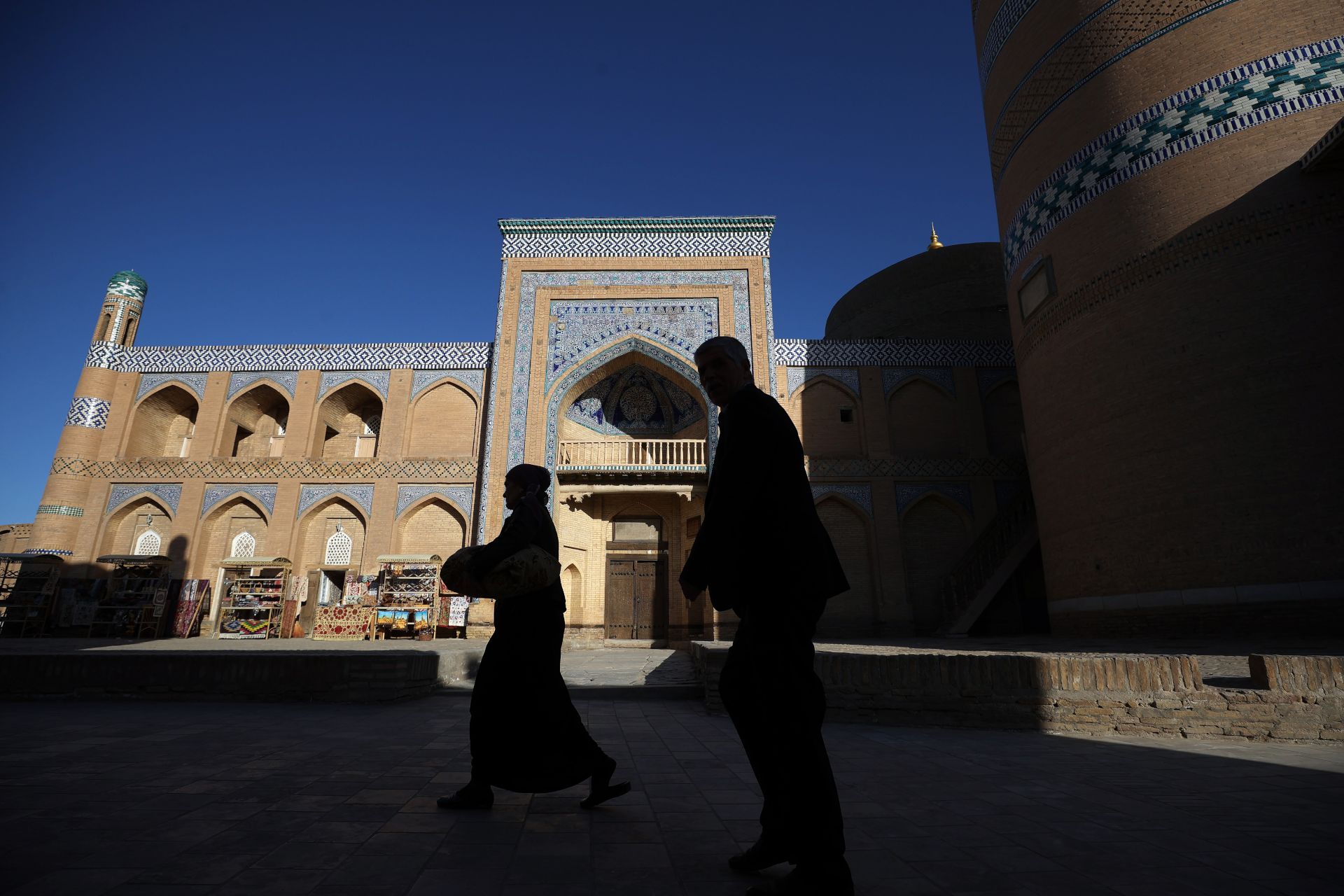
How the Turbulent Politics of Medieval Central Asia Shaped a Polymath’s Achievements
The career of the 11th-century Muslim polymath Abu Rayhan al-Biruni was shaped by the turbulent politics of medieval Central Asia. Yet his life at the mercy of his court patrons and their conflicts gave him the chance to pursue a remarkable career of empirical, open-minded scholarship.
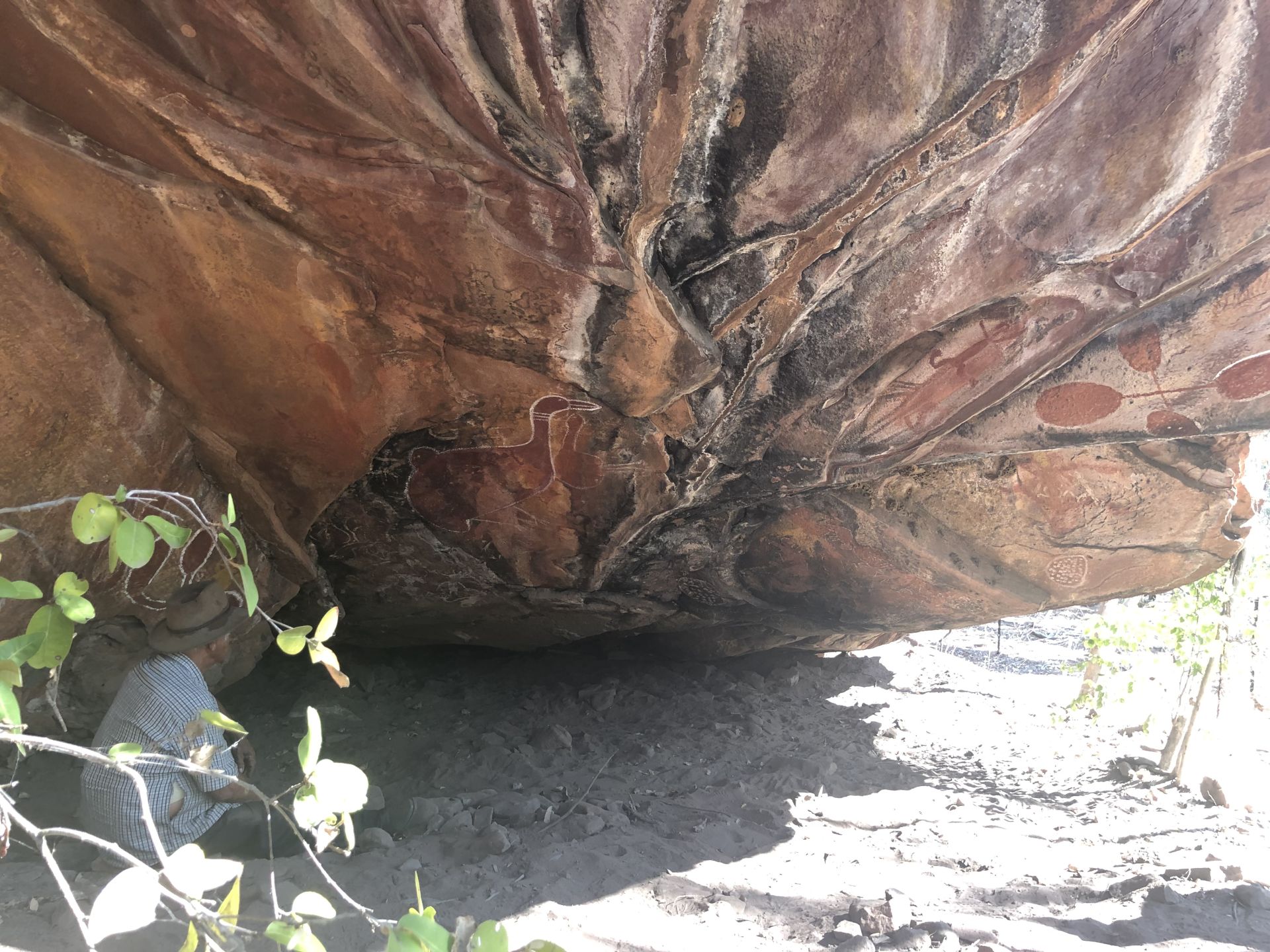
In Australia, Song Has Power
Indigenous Australians like Bill store cultural memory, law and survival in the songs that guide every part of life, from marriage and inheritance to knowledge of medicine, hunting and the stars, all contained within an intricate mythology.
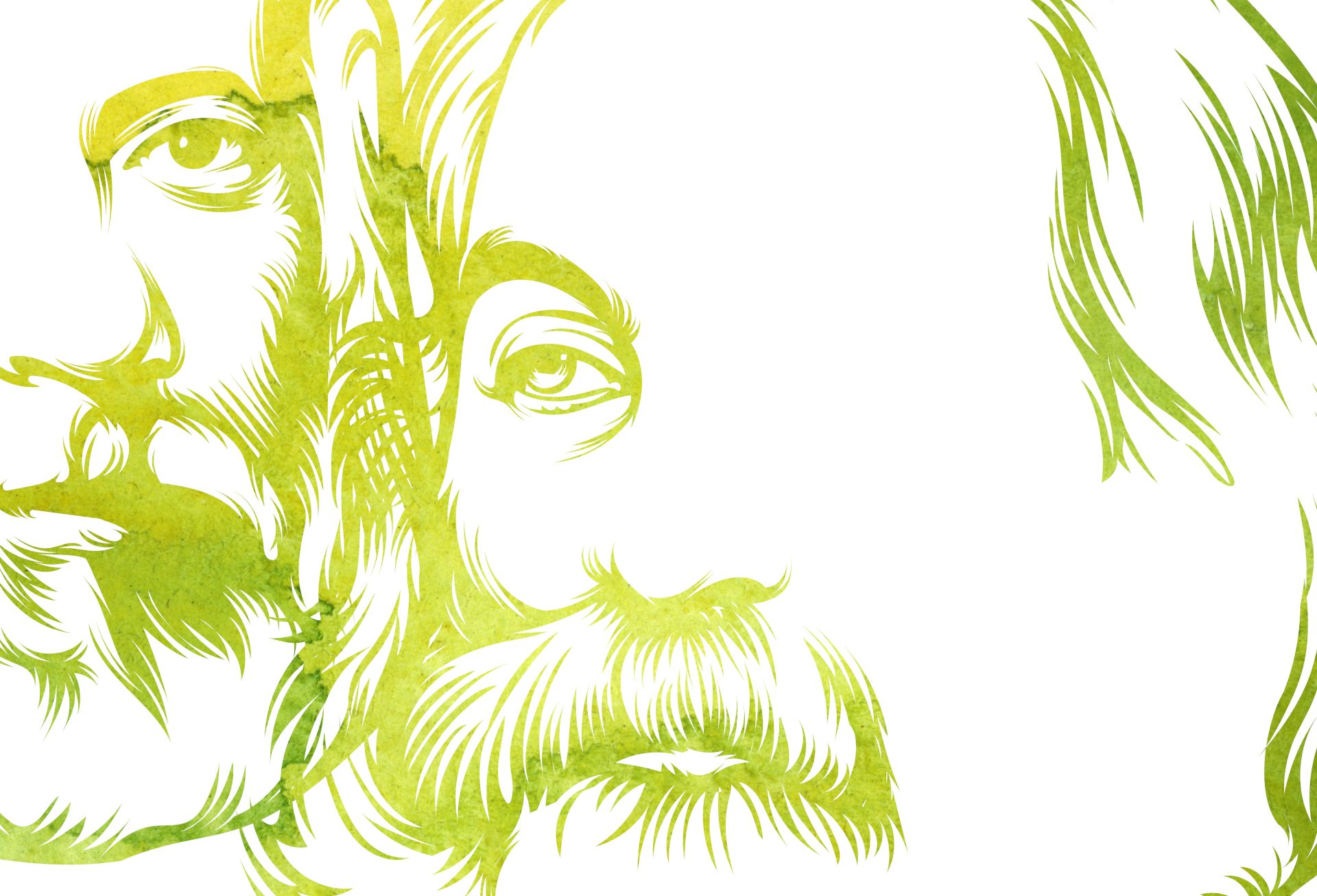
How Two 19th-Century Books Paved the Way for Modernism
The common concerns of two 1855 works, Whitman’s “Leaves of Grass” and Shidyaq’s “Leg Over Leg” — in particular, language, equality, freedom, paradox and multiplicity — illustrate the international nature of how the 19th century wrestled with modernity.
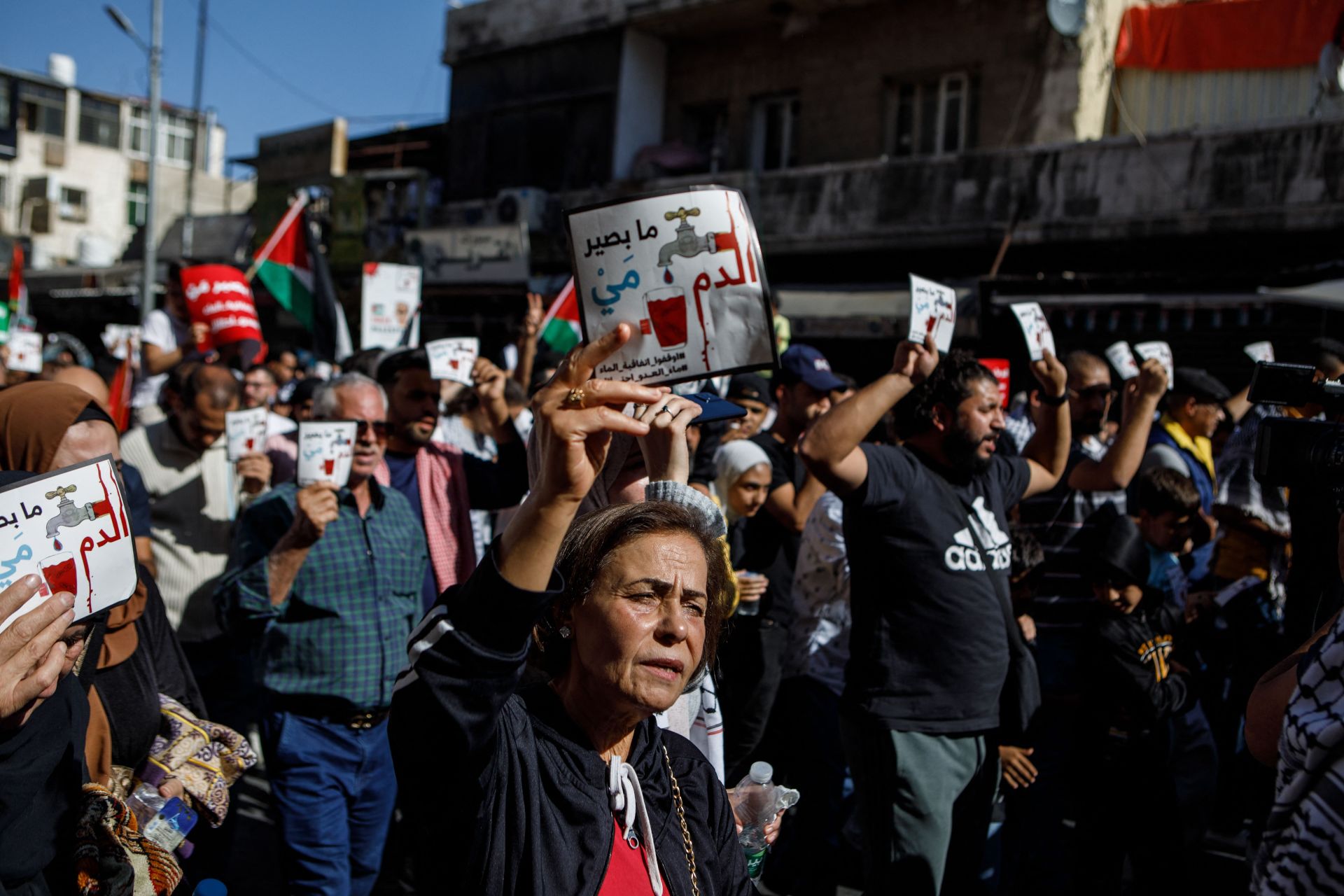
Jordan’s Fragile Balancing Act
Jordan has been a long-term partner for peace to the international community, but while all the country’s major donors voice support for Israel, its population is unified in support of the Palestinians under bombardment, and the country’s current strikes are a further threat to its famed stability.
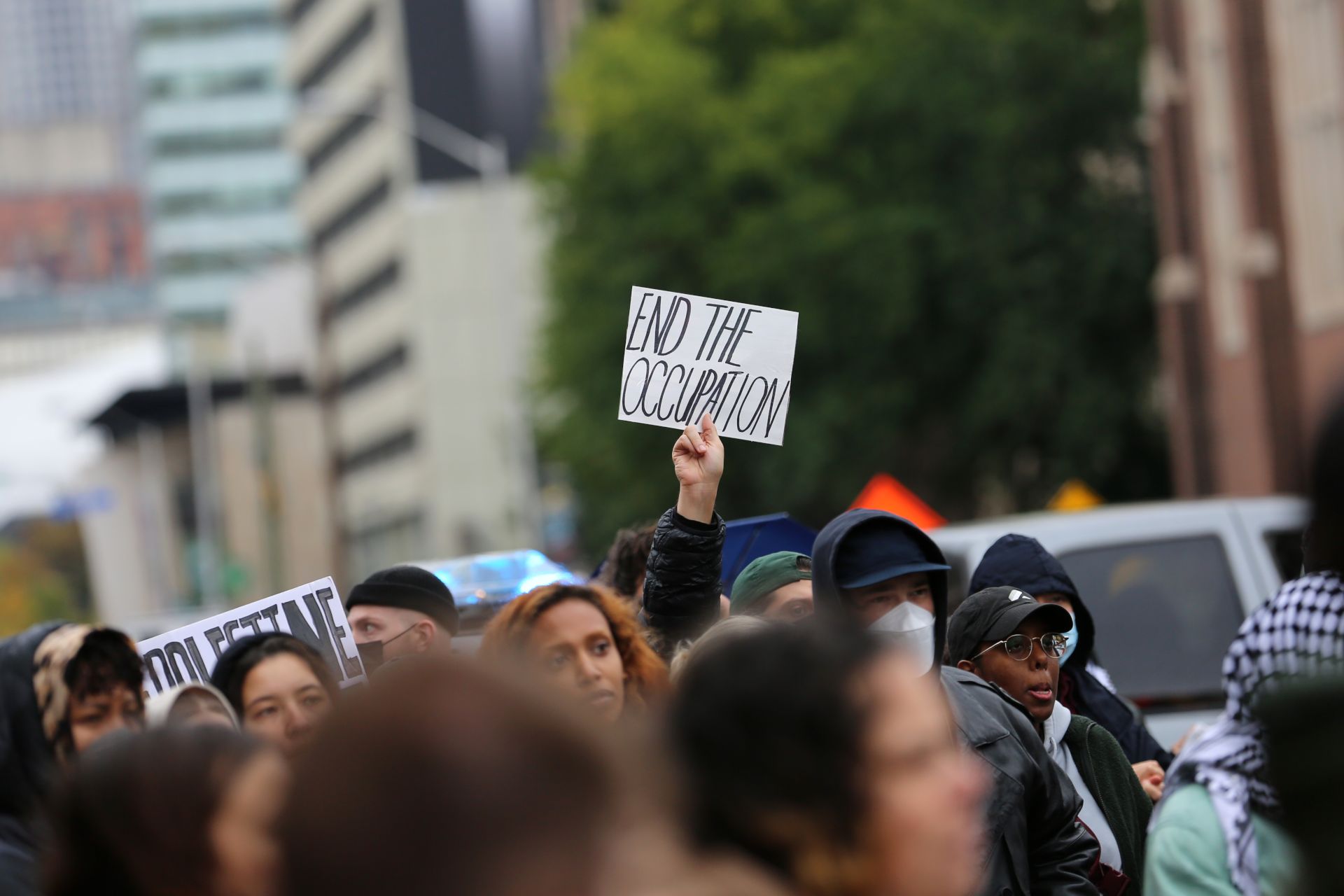
The Psychology of the Intractable Israel-Palestine Conflict
The long history of this particular conflict ensures that there are now generations of traumatic memories to reinforce large-group identities based on shared feelings of vulnerability and victimization, creating an intractable cycle.
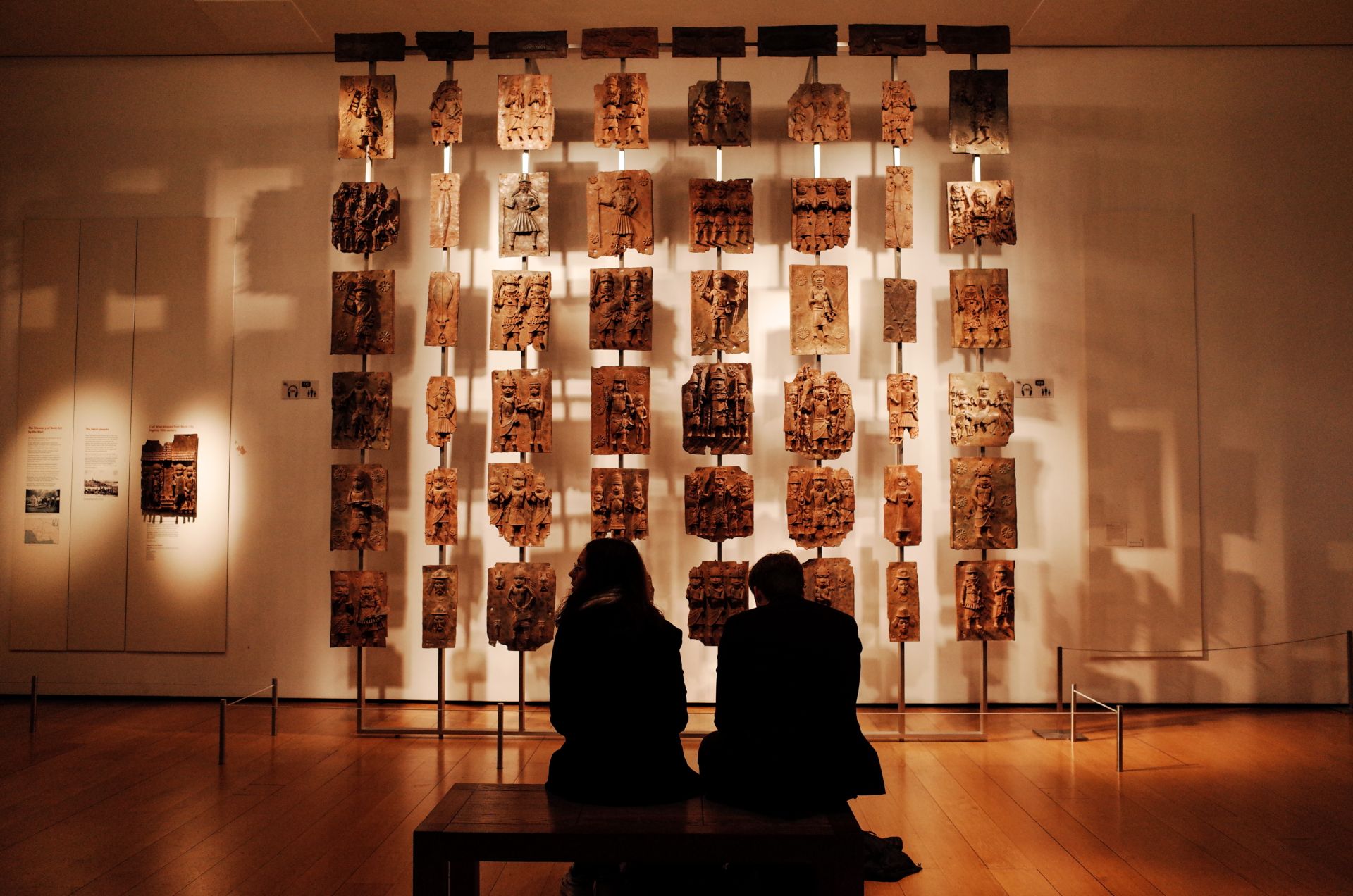
The British Museum Is in Trouble on Two Fronts on Stolen Heritage
To reject political systems on account of their Western origin is to retreat into essentialism of a culture, whether “Arab,” “Islamic,” “African” or other, claiming that there is something specific to the people that requires them to live in a society different from others. Could world museums be a tool in overcoming such essentialism, helping break down rigid borders, both identity-based and geographical?
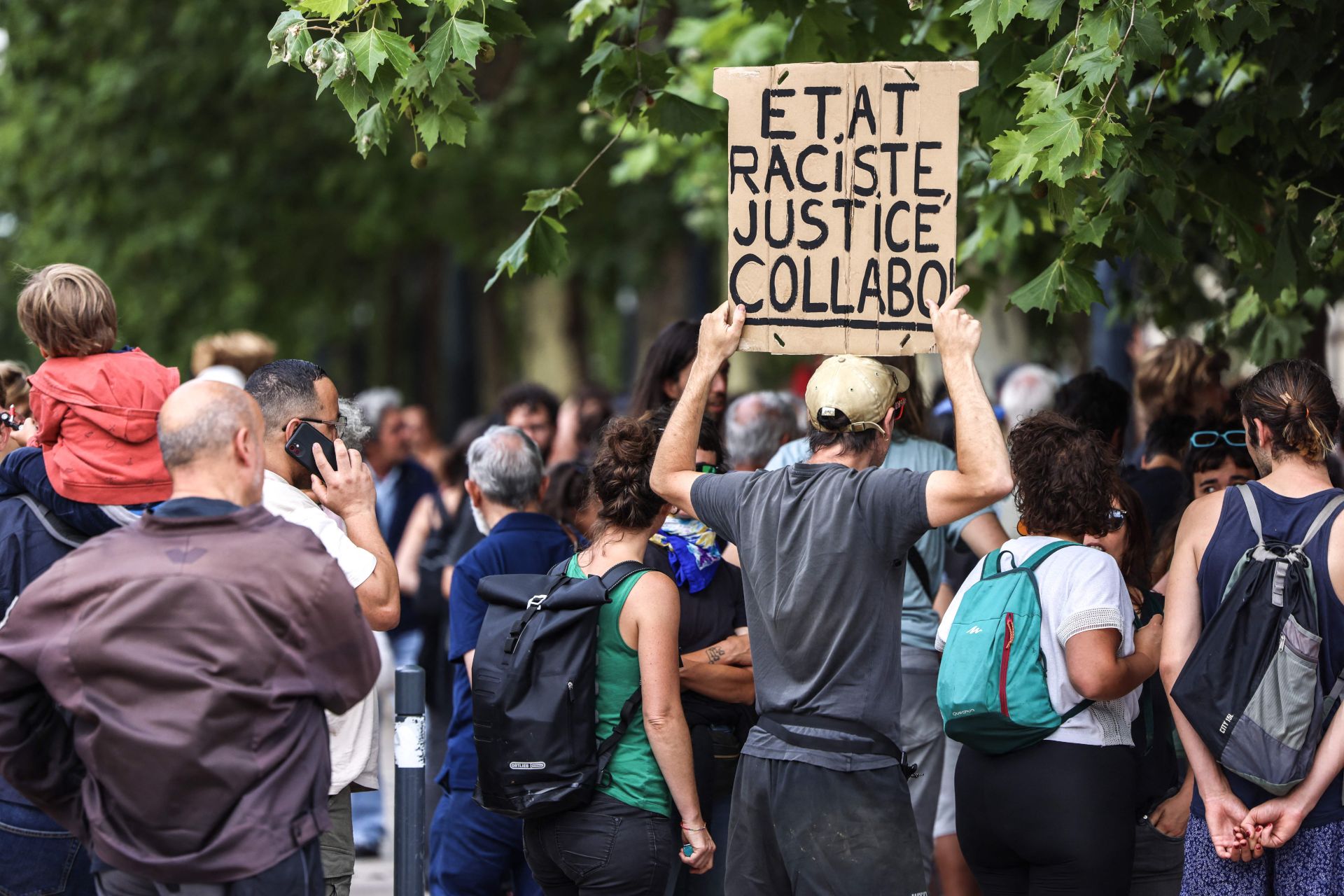
France’s Constitution Is Blind to Race. Does That Make It Racist?
Race is an inescapable background to the events unfolding in France, yet it is difficult to fully grasp or research this because it is literally illegal to collect any data pertaining to this aspect of French society — or about religion or ethnicity.

How Andrew Tate and the Far Right Made Common Cause with Islamists
Western far-right personalities are carving out a new form of conservatism, characterized by an admiring attitude to Islam. Growing unity between conservative Muslims and Christians, and between disaffected young men in both the West and the Middle East, may yet have significant effects on U.S. electoral politics and foreign policy.
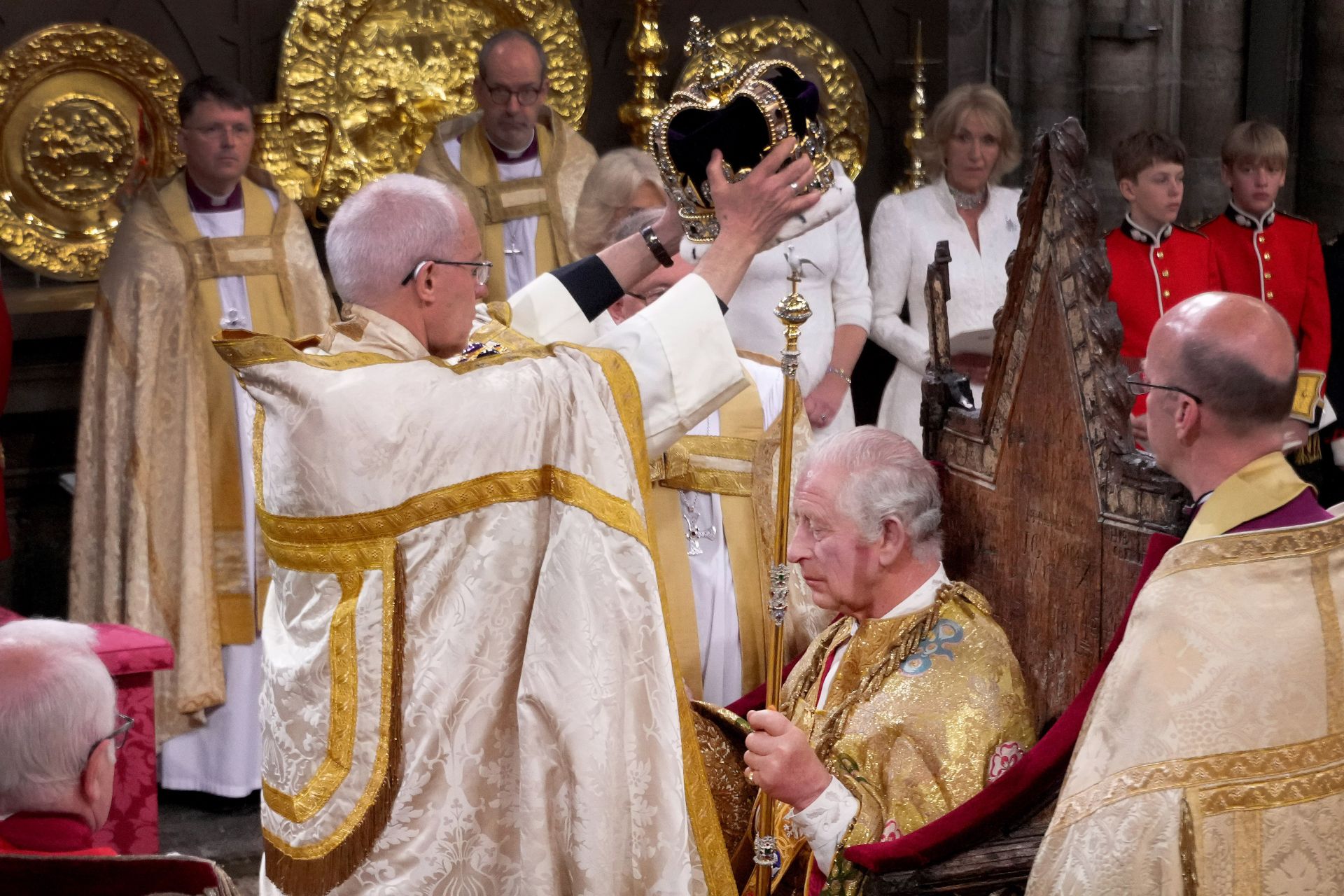
Making the Music for King Charles III’s Coronation
This dual function of church music, for both private worship and common enjoyment, could be a metaphor for the coronation itself, in its mix of the most extravagantly public gestures combined with private moments between clergy and king — one entirely hidden behind the “anointing screen,” another the personal act of taking Communion.
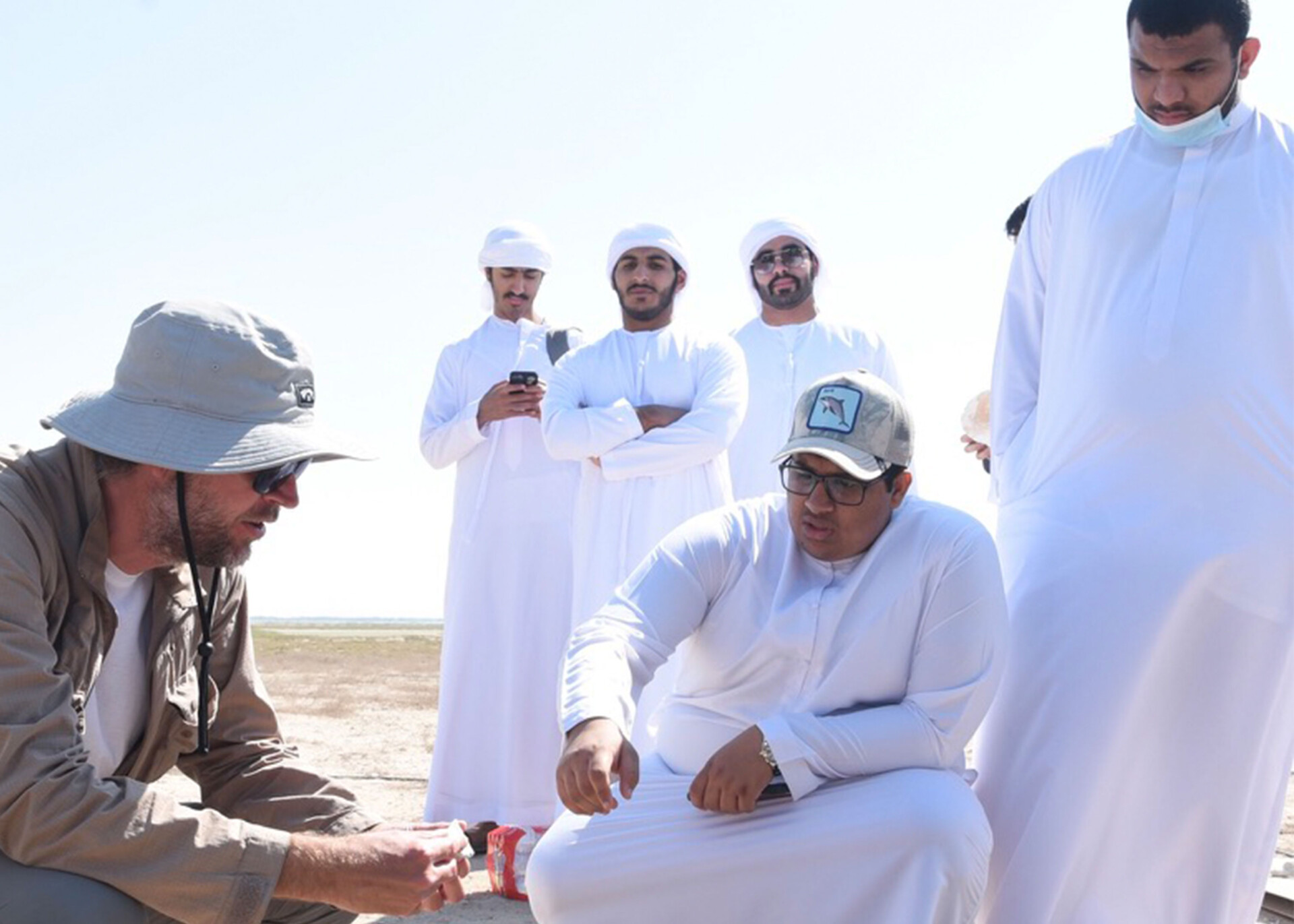
Archaeology Gives Clues on Monastic Life in the UAE
Two centuries later, so popular understanding has it, Islam swept over the Arabian Peninsula, and all inhabitants converted. But the archaeological record suggests a different picture: Find after find is showing that Christianity coexisted peacefully with the newer religion for centuries.
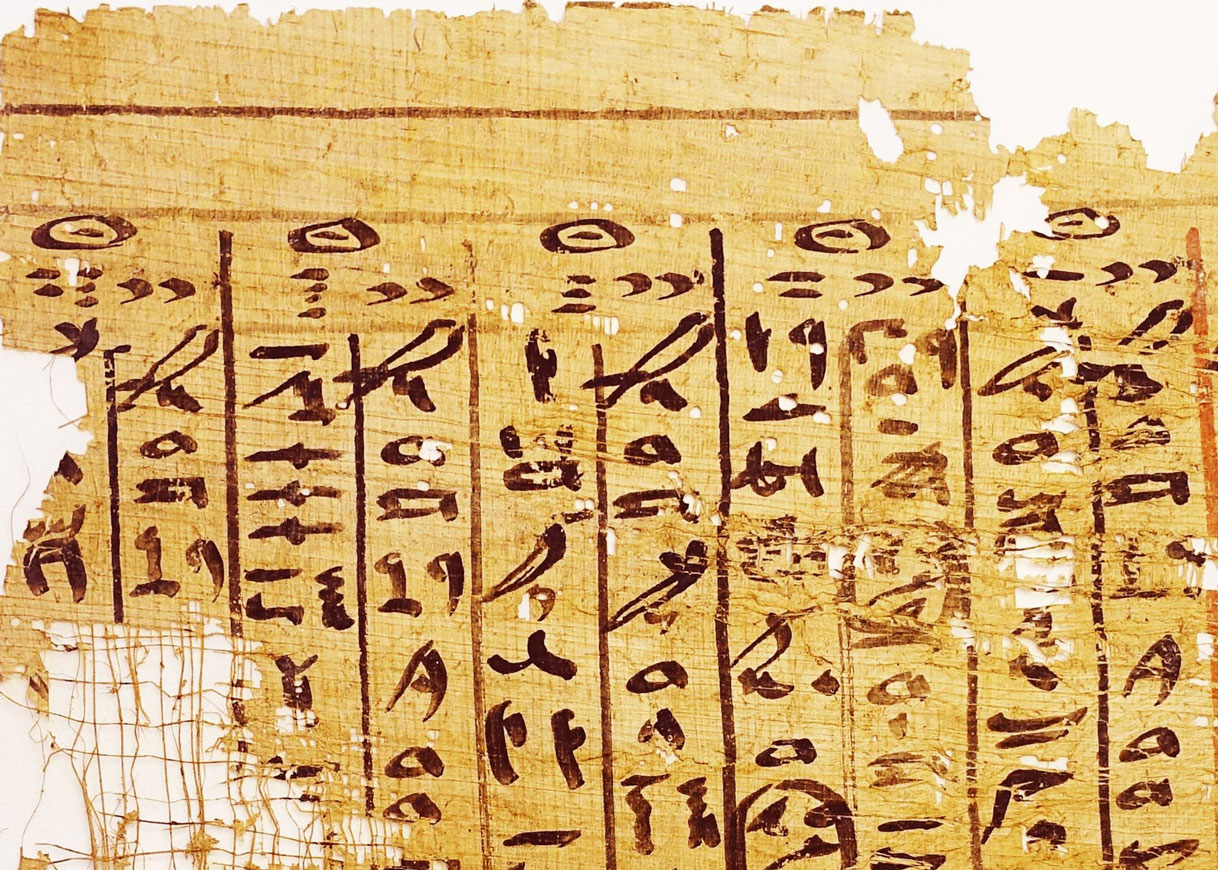
Who Invented Paper? A New Discovery in Egypt Upends the Consensus
A startling new discovery at a long-neglected archaeological site suggests the ancient Egyptians used paper more than 2,000 years before the Chinese, upending the scholarly consensus.
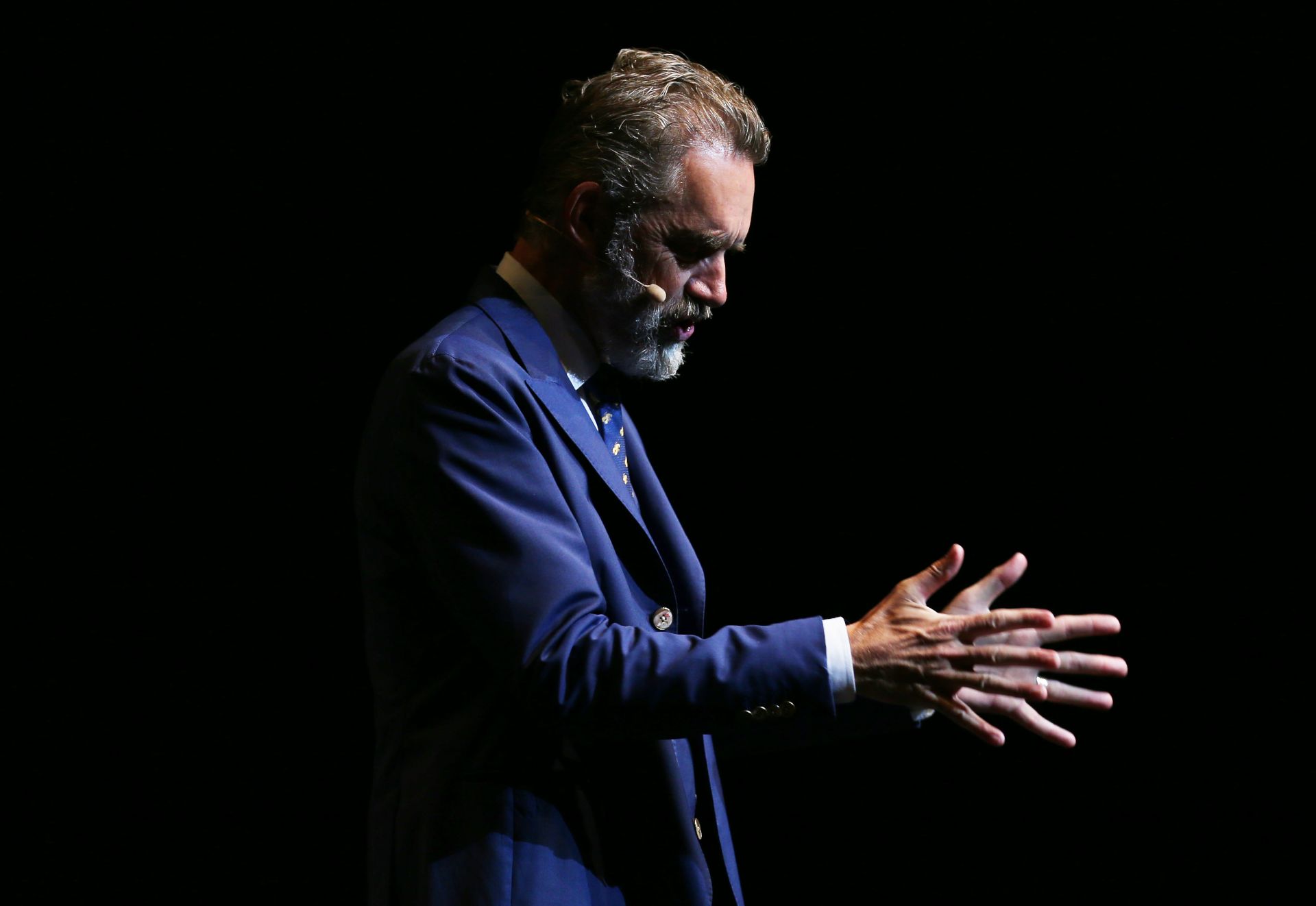
Jordan Peterson Visits Al-Aqsa Mosque
Governments all over the world have been courting the more extremist elements in their society, bringing them into the mainstream, legitimizing their demands and grievances, and Israel is no exception. Peterson’s popularity with far-right audiences and pundits shows that he understands the power of the extremes, but more, his writings and broadcasts show how aligned he is with their thinking.
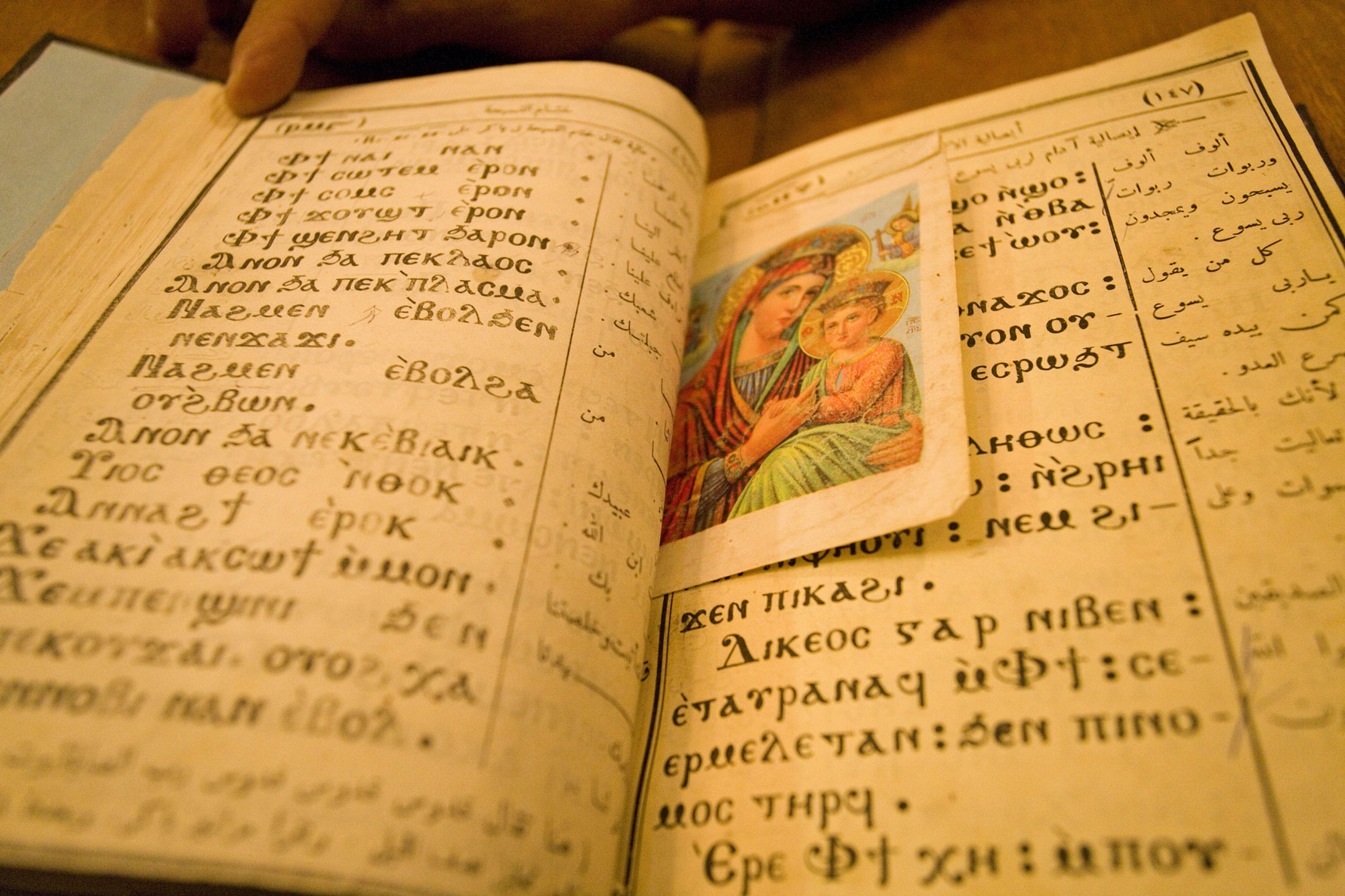
Preserving the Coptic Language
Titi Maurice is a native speaker of Coptic, which puts her in a group of only hundreds worldwide. “As long as Coptic exists, no matter how small the number of speakers, it connects us to ancient Egypt,” she says. Now a number of initiatives are aimed at reviving that connection to the language of the pharaohs.
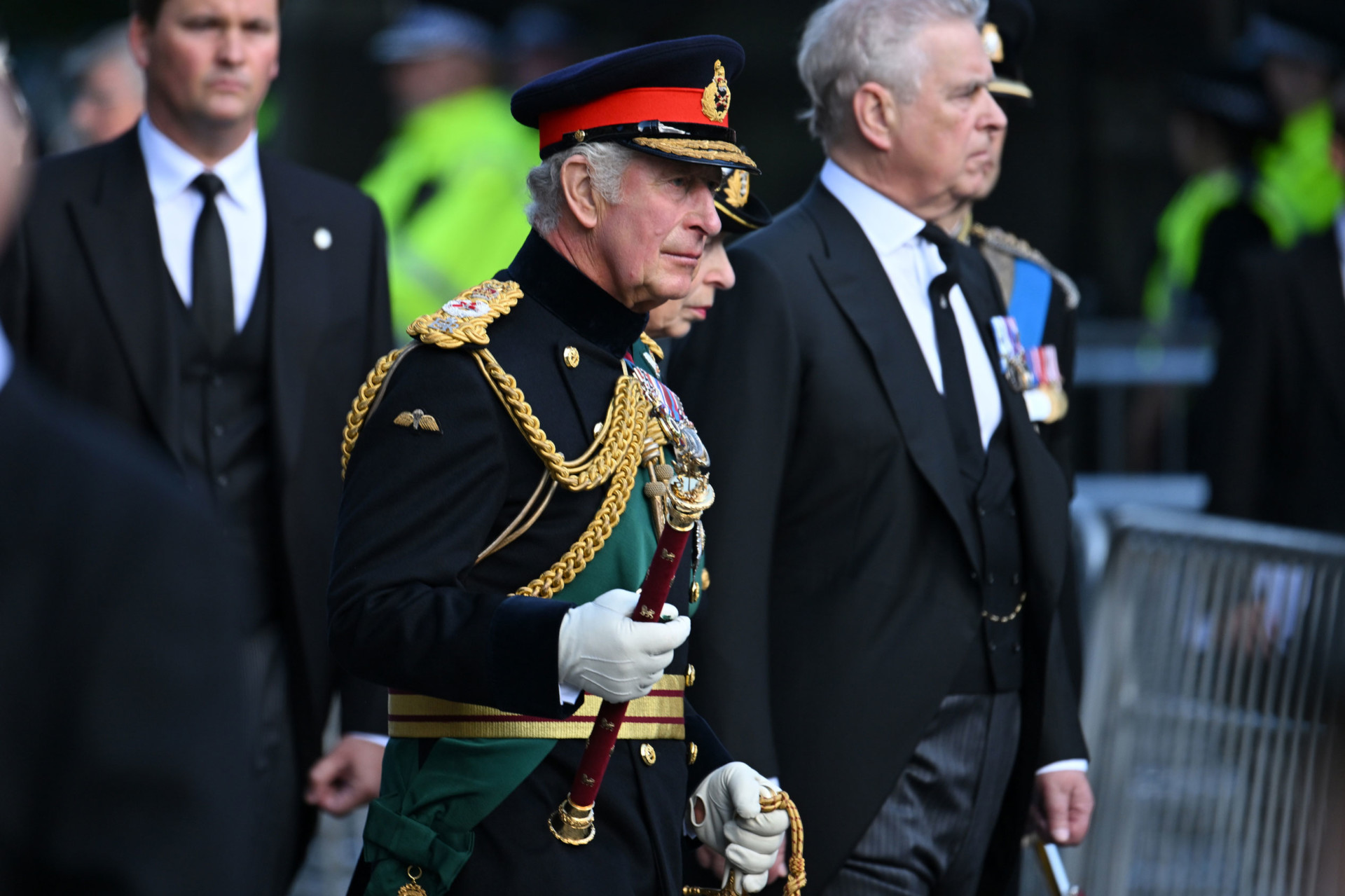
A New Monarch Heralds Uncertainty in Britain
Whatever your feelings about the monarchy, queen, Commonwealth or empire, the passing of Queen Elizabeth II feels momentous.
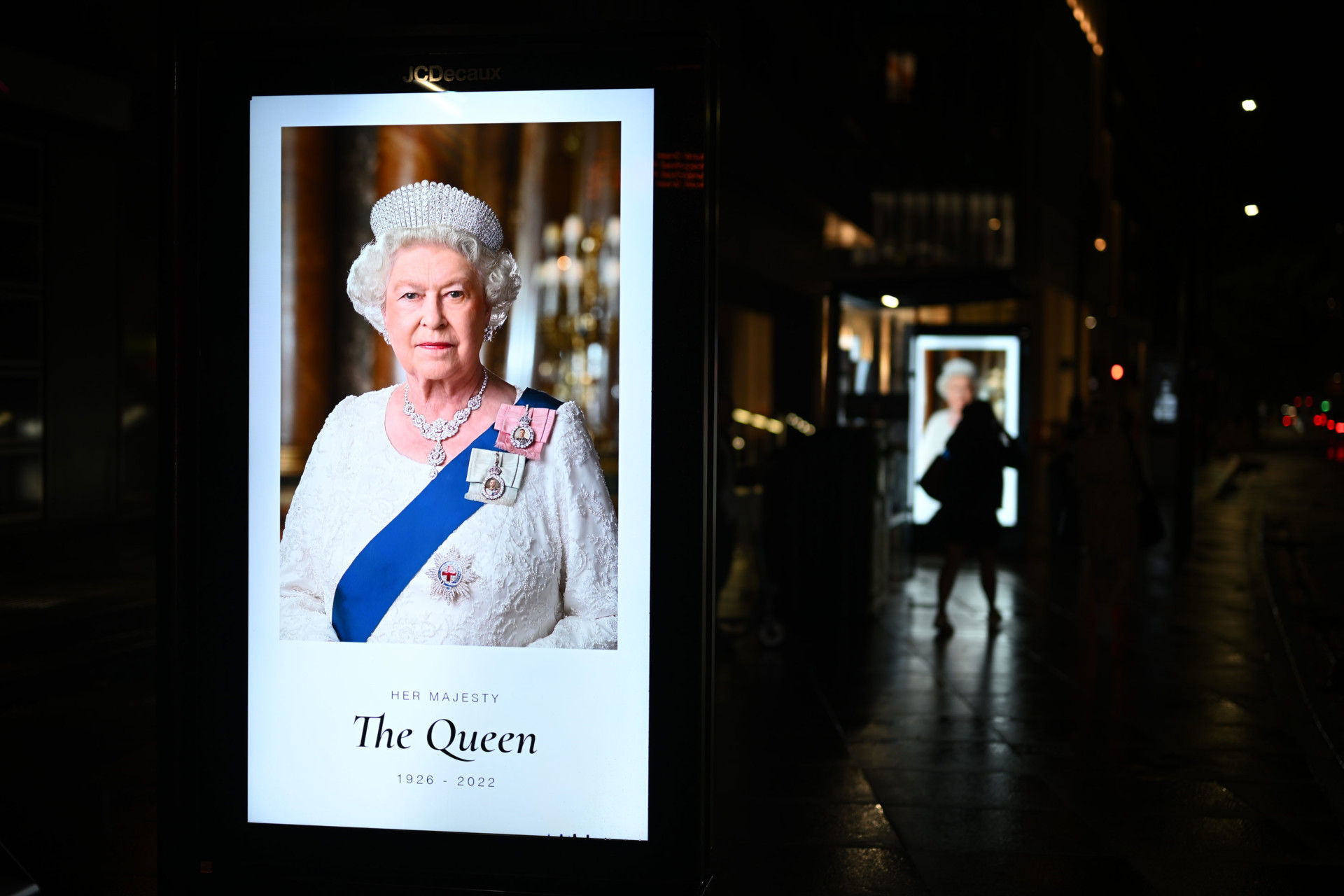
We Knew It Was Coming, but the Queen’s Death Still Stuns Britain
There is the usual sprinkling of tourists when I arrive at Buckingham Palace at 7 p.m., just a few hours after Queen Elizabeth II died, having reigned for 70 years from this building at the heart of London. Mostly people are more curious than grief-stricken; they’ve gathered to mark the occasion, and more are coming from every direction, by foot, bike and car, black cabs constantly dropping off people who are clutching umbrellas and bouquets. There is affection here for the only monarch that most of us have ever known.

Responses to the Rushdie Attack Show What Khomeini’s Fatwa Was About
Thirty-three years ago, two British Sunni Muslim activists traveled to Iran, where they expressed their outrage over Salman Rushdie’s novel “The Satanic Verses” to a government minister. The very same day, Ayatollah Khomeini issued his now infamous fatwa. Like the fatwa, the attack on Rushdie has unified Muslim extremists across sectarian lines and across the globe.
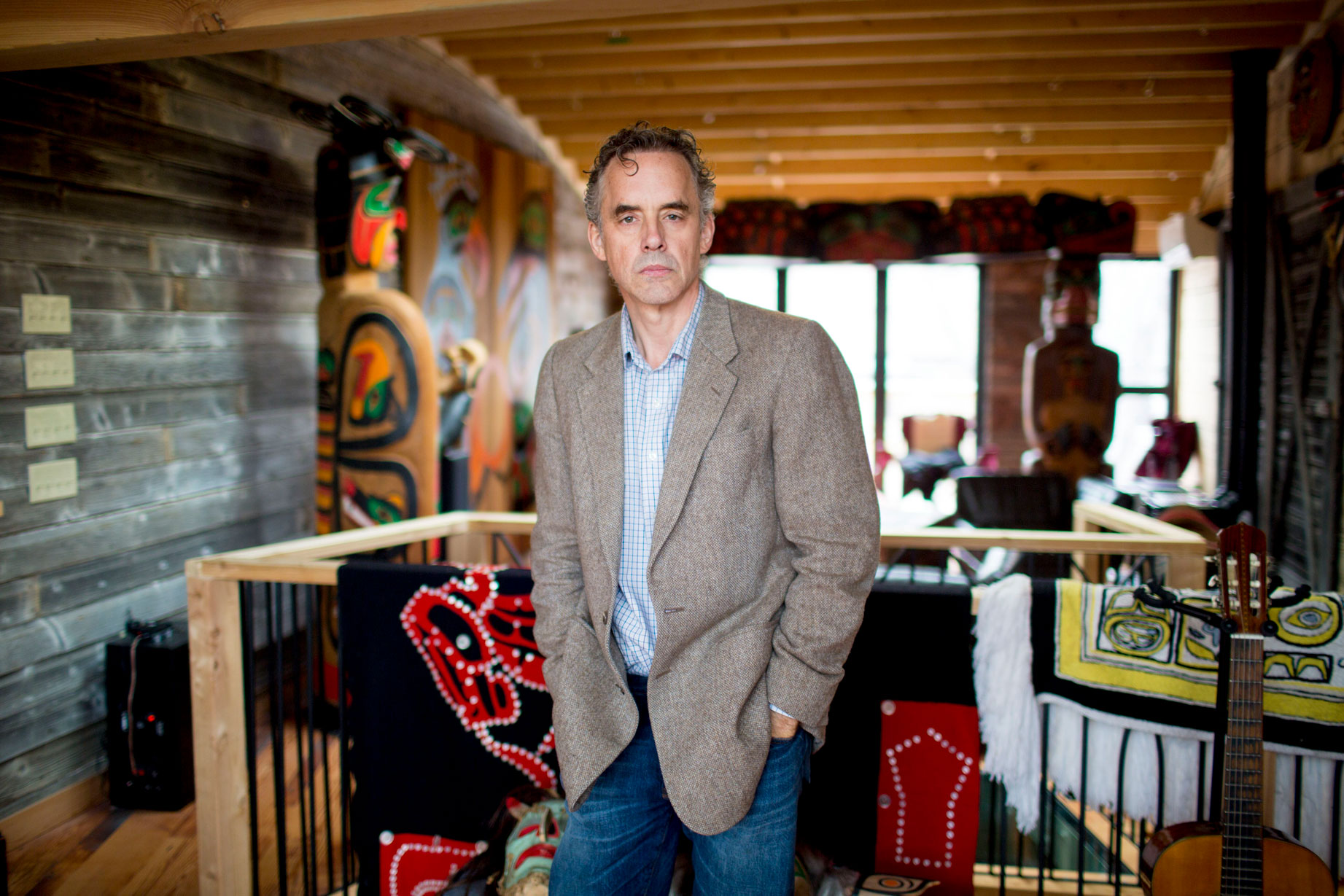
How Jordan Peterson Ruined His Image With Muslims
Gaining fans without really trying, he came to embrace Muslim thinkers and activists on his podcast. Buoyed by his clear adulation from Muslims around the world and the success of many of these recordings, he addressed his fans directly. With his patronizing tone, ignorance of Islam, and disregard for political realities and sensitivities, he has eroded the fanbase he never set out to capture but nevertheless appreciated. Muslims have a message for Jordan Peterson, but whether he will listen is doubtful.
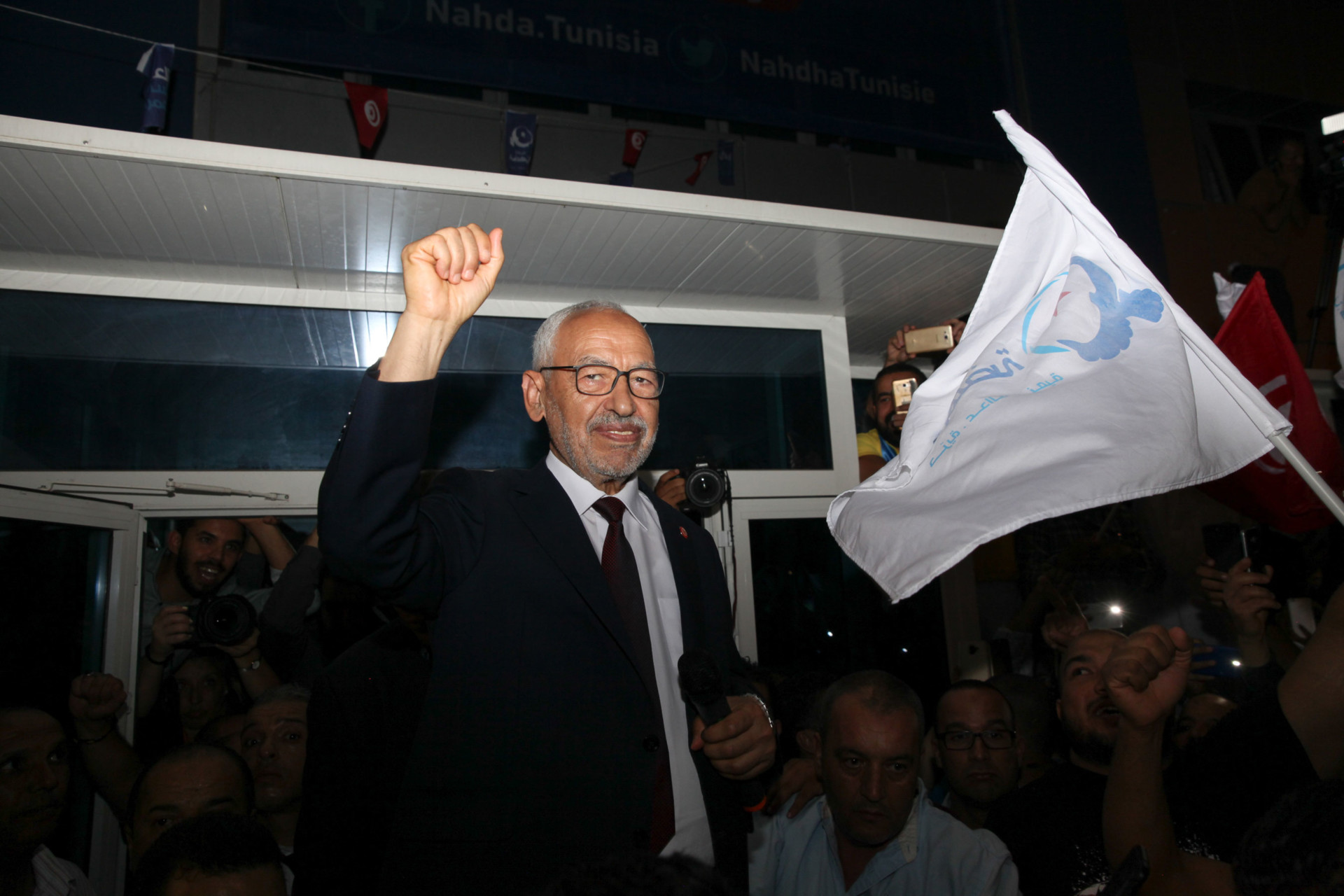
In Tunisia, a Day of Reckoning Awaits
Rached Ghannouchi’s colleagues may claim he is coming out against Saied late in the day. But in this interview, he says his position has aligned with Tunisians who initially supported Saied’s constitutional coup only to slowly turn against him with increasing evidence of anti-democratic plans for the country.
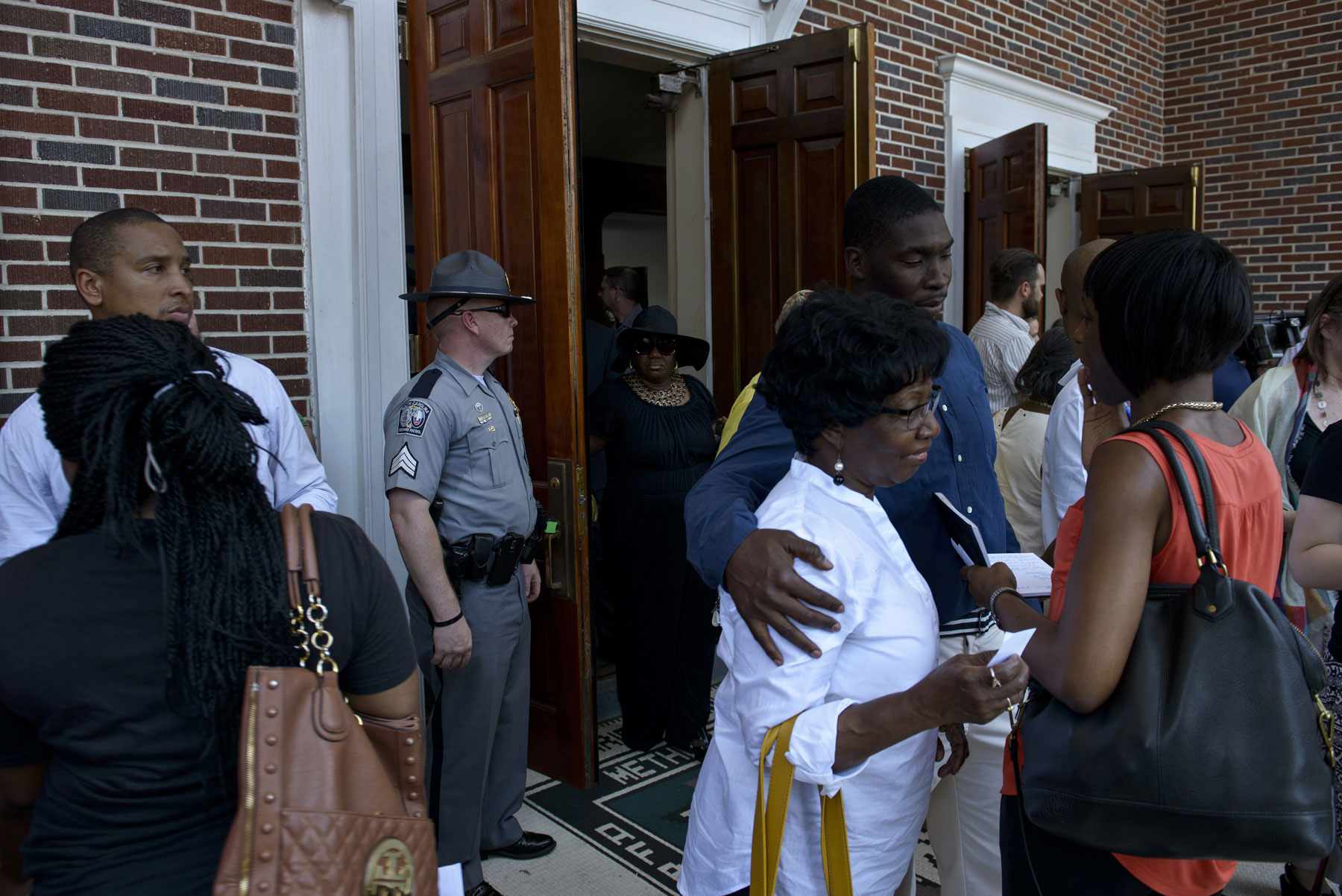
Mainstream Culture Helps Spawn Extremists
We are used to thinking of terrorism in terms of extremism, which suggests something on the fringe. But when we look at these disenfranchised angry young men, they have drawn legitimacy for their hatreds — most notably against two main groups, women and Jews — not only from online chatrooms but also from YouTube celebrities, mainstream authors, newspapers, news programs and politicians. If we genuinely want to address and counter violent extremism, we need to start by holding those closer to home to account.
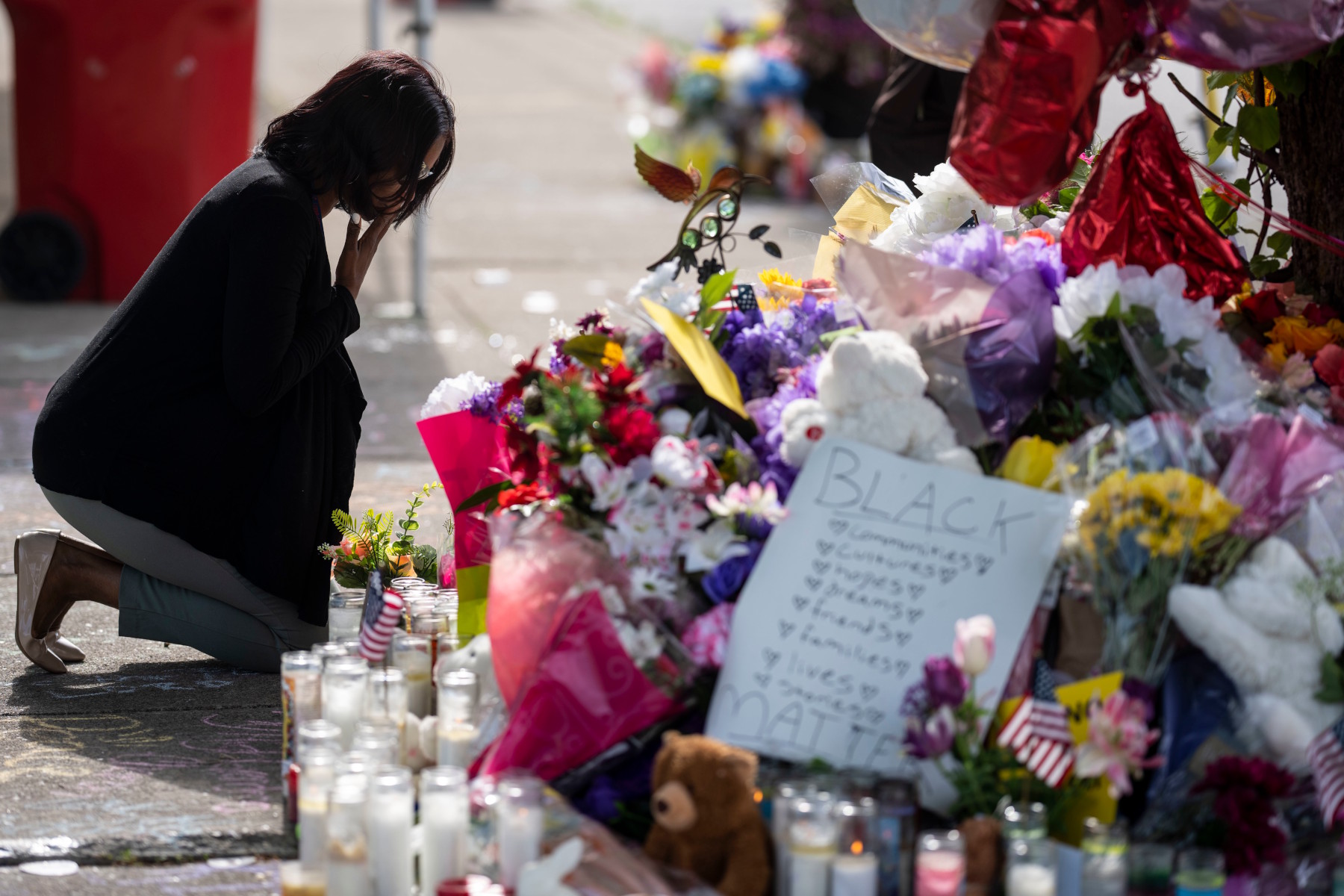
We Need to Talk About How We Cover Terrorism
Some argue that over-reporting terrorist attacks plays into their hands by amplifying the message. But we also need to understand the insidious threat of the far right, and we can do so only by paying attention to their words.

How an Anti-Muslim Conspiracy Thrives in the UK
Responses to a recent podcast series, The Trojan Horse Affair, vary from lackluster to defensive and show that the U.K. is failing to address its problems with Islamophobia — the very issues the podcast explores.

Governments Try to Fight Crime via Google Ads
Pervasive use of strategic communications in preventing radicalization has been adopted wholesale by other areas of law enforcement, despite a lack of evidence or understanding of potential harm.
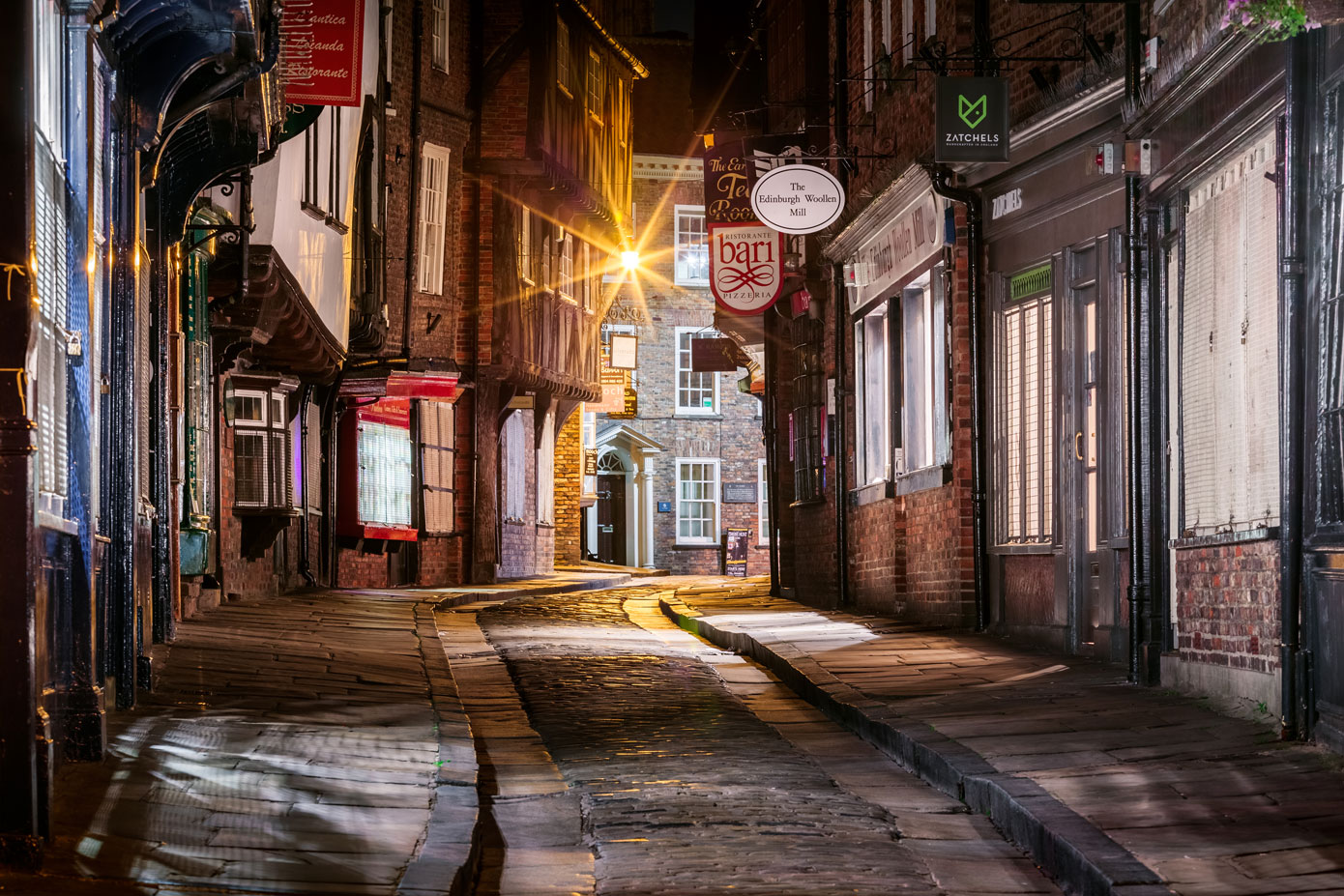
Christmas in Britain: Candles for All, God for Some
A citizen celebrates and reflects on Christmastime in the United Kingdom. Lydia Wilson, a New Lines editor, takes us through the traditions, rituals, and — increasingly — opportunities for consumerism in the holiday season in her hometown of York. She also ponders whether this season, rooted in and still reflecting religious rituals and traditions, is also now a time of year for all people to come together.
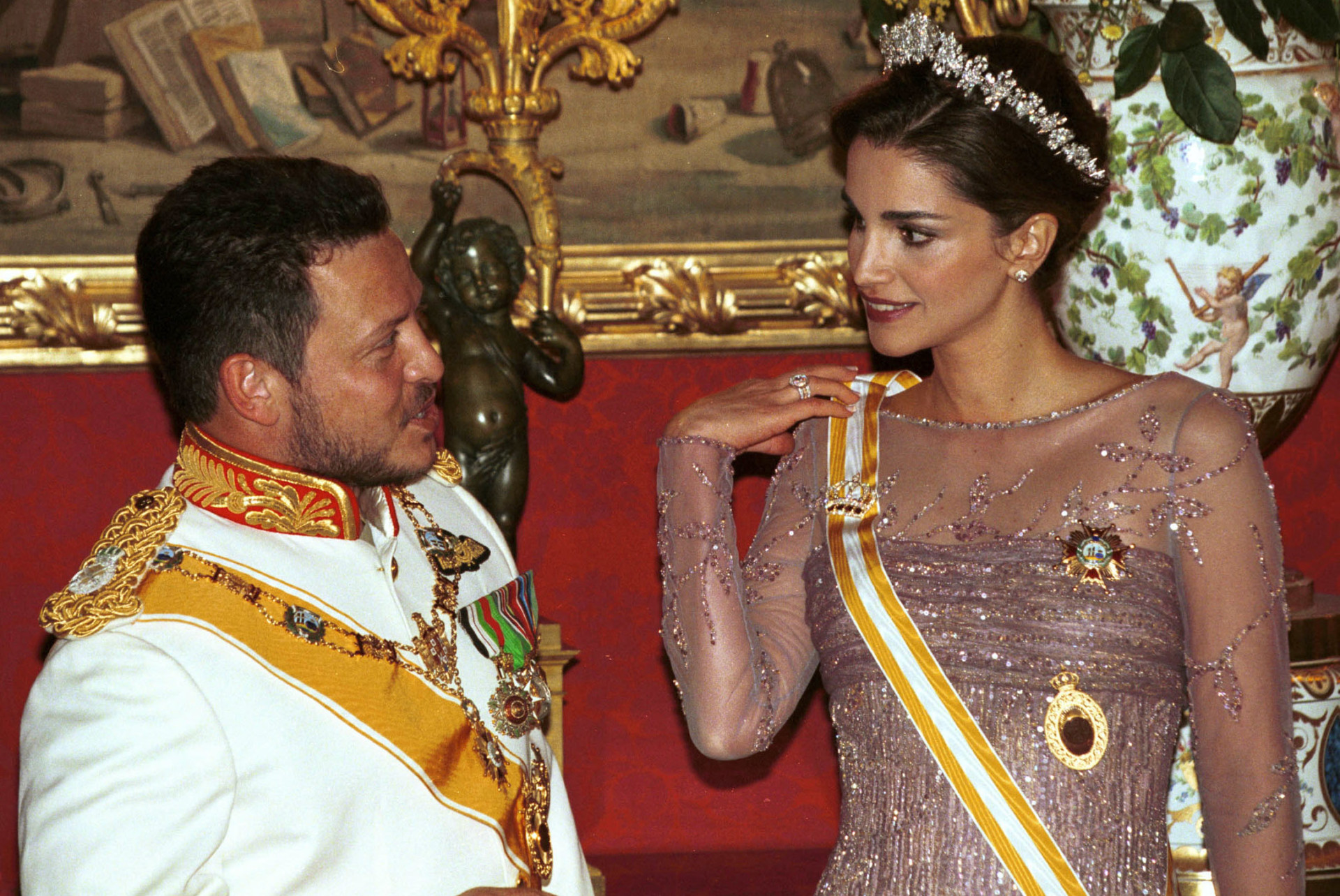
Jordan’s Elite Shrug Their Shoulders in Light of Latest Revelations of King’s Wealth
Jordan’s King Abdullah was a central headline in the Pandora Papers scandal. But far from denting his reputation, the elites he draws his power from are seeing it as an attack on Jordan, giving rise to speculation bordering on conspiracy as to who’s behind it, reversioning other political events of the past year. As a result, sympathy for the king has only grown.

Gone to Waste: The ‘CVE’ Industry After 9/11
After the rise of the Islamic State, I was part of this race for cash, working on CVE projects from media messaging to radicalization research, and it slowly dawned on me how flawed the industry is. Not only has expertise been invented to snag funding, but existing development work has been molded into the shape of “CVE,” stigmatizing entire communities as terrorist-producing.
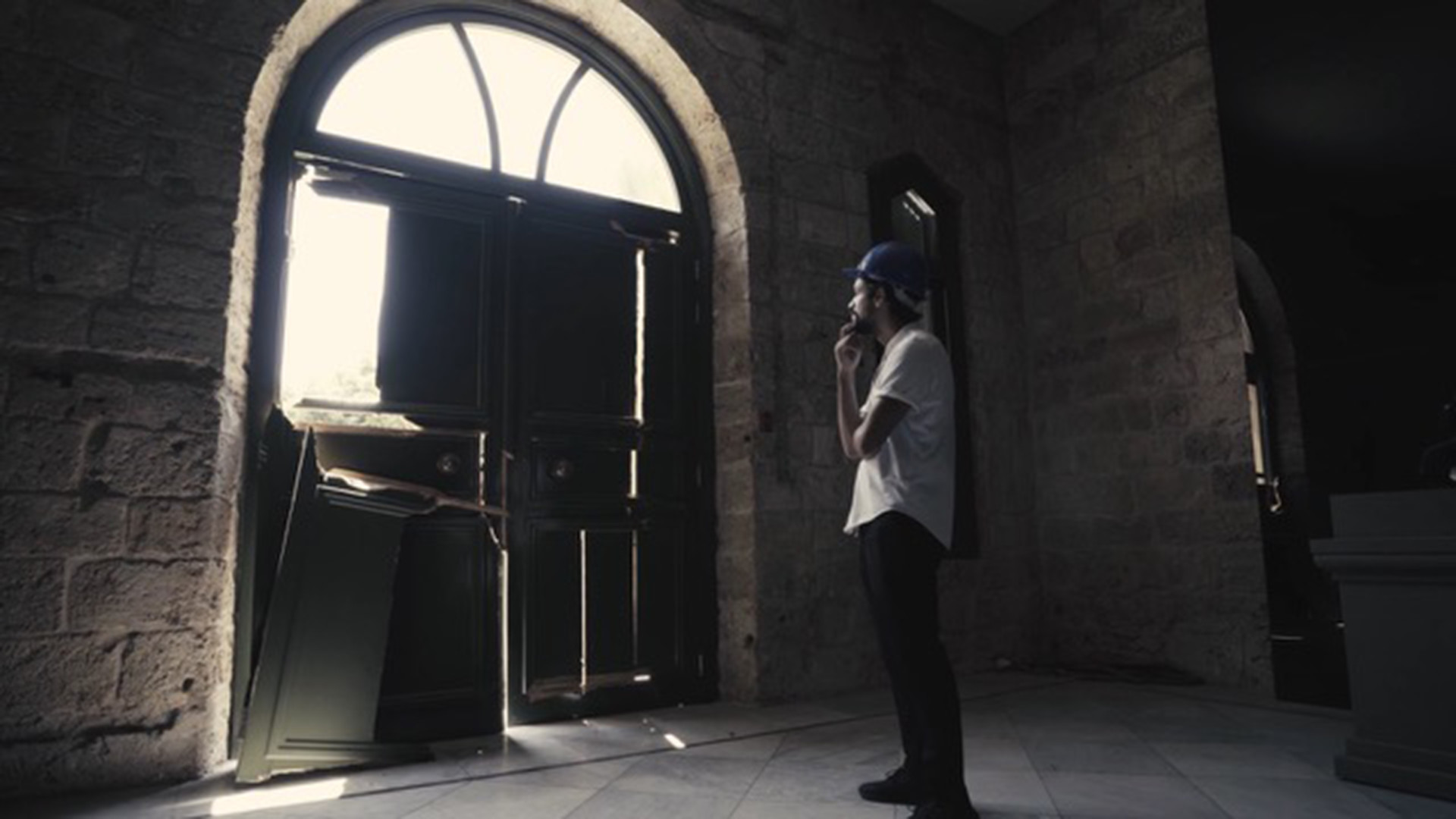
In a Sea of Broken Glass, Beirut Museums Work to Preserve Their Antiquities
After the explosion last August, help poured in from volunteers and international organizations. The city has been healing slowly, but with the country’s economic and political crises, efforts are stalling.

‘Everyone is Hamzah’
This week in Jordan sees the start of a trial for sedition and incitement, with charges brought against a member of the royal family and a formerly trusted adviser to the king, and the king’s half-brother Prince Hamzah taking the stand as a witness. Lydia Wilson uncovers how this unprecedented threat of instability to the kingdom feels to Jordanians.
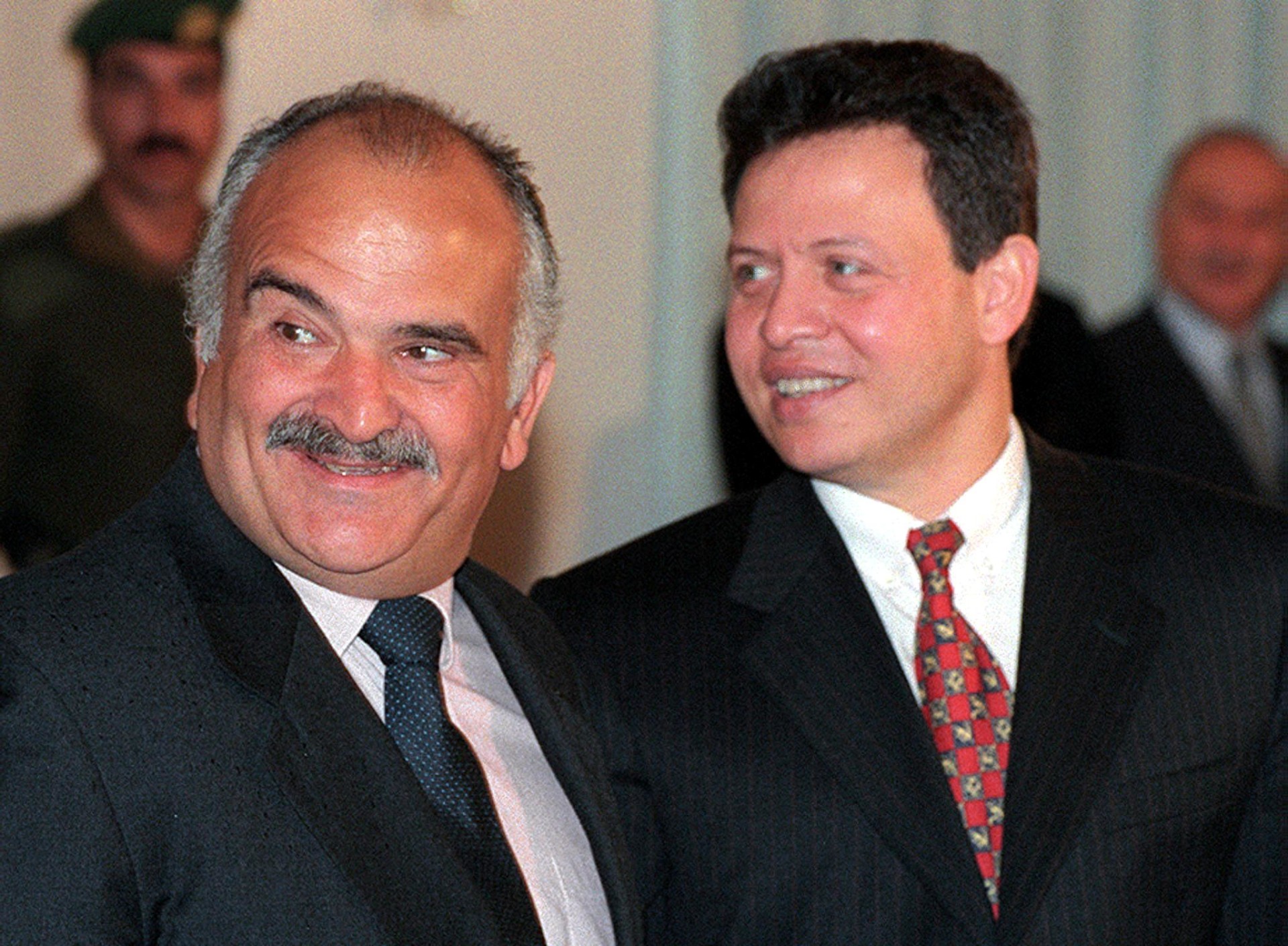
Prince Hassan’s Progress
Prince Hassan bin Talal, ex-Crown Prince of Jordan, has no “delusions of grandeur” for himself but plenty of ambitious plans for his country. He talks to Newlines about his vision for a more participatory system in which the legion problems facing both the planet and human societies are addressed together.
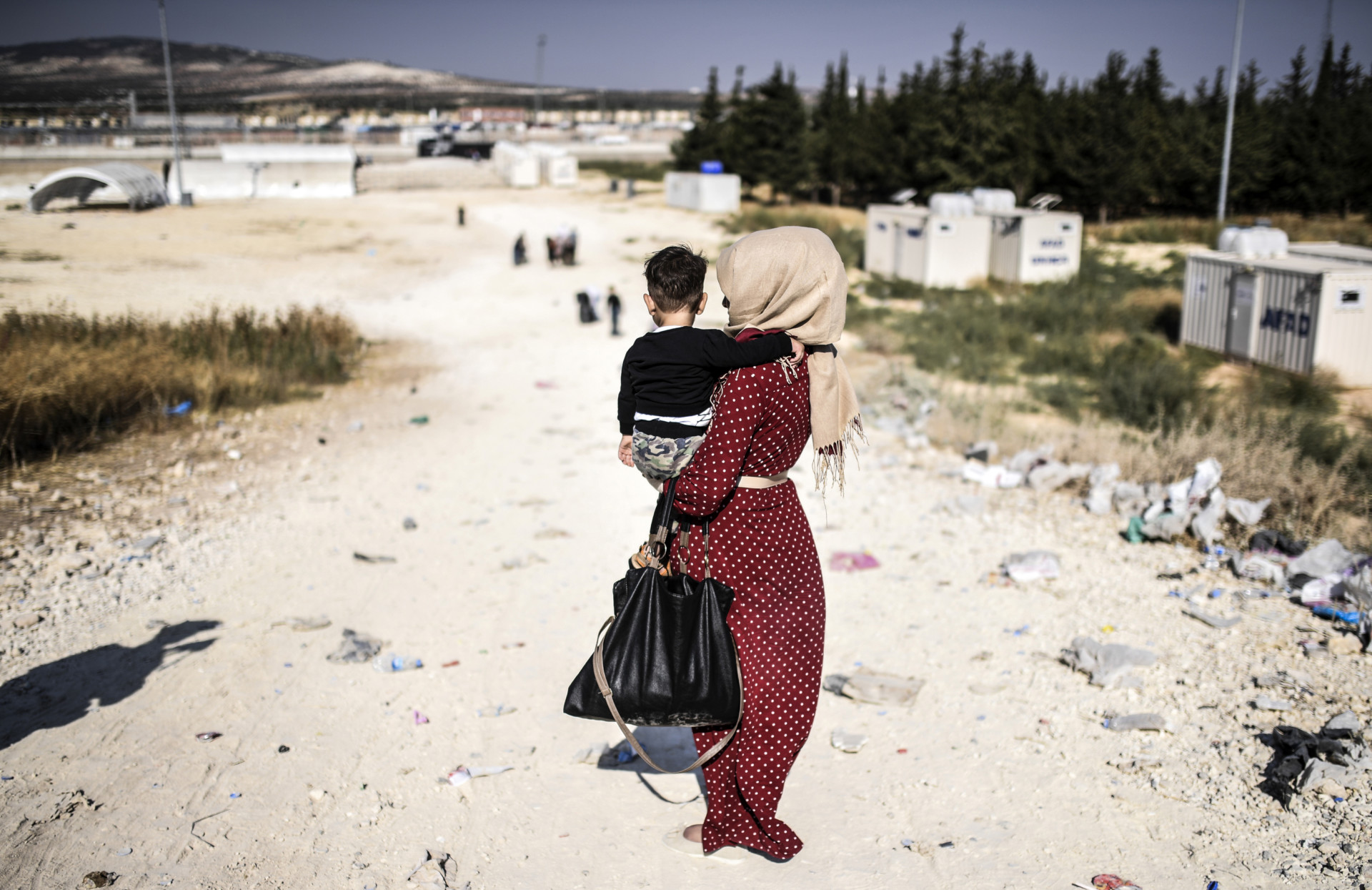
The Promising Young Women of Syria
Ten years ago, war shattered the hopes of many Syrians. But none have suffered quite like the women. Lydia Wilson writes about what it is like to be a young woman in Syria today, facing mundane hardships, greater responsibility, and diminished prospects.
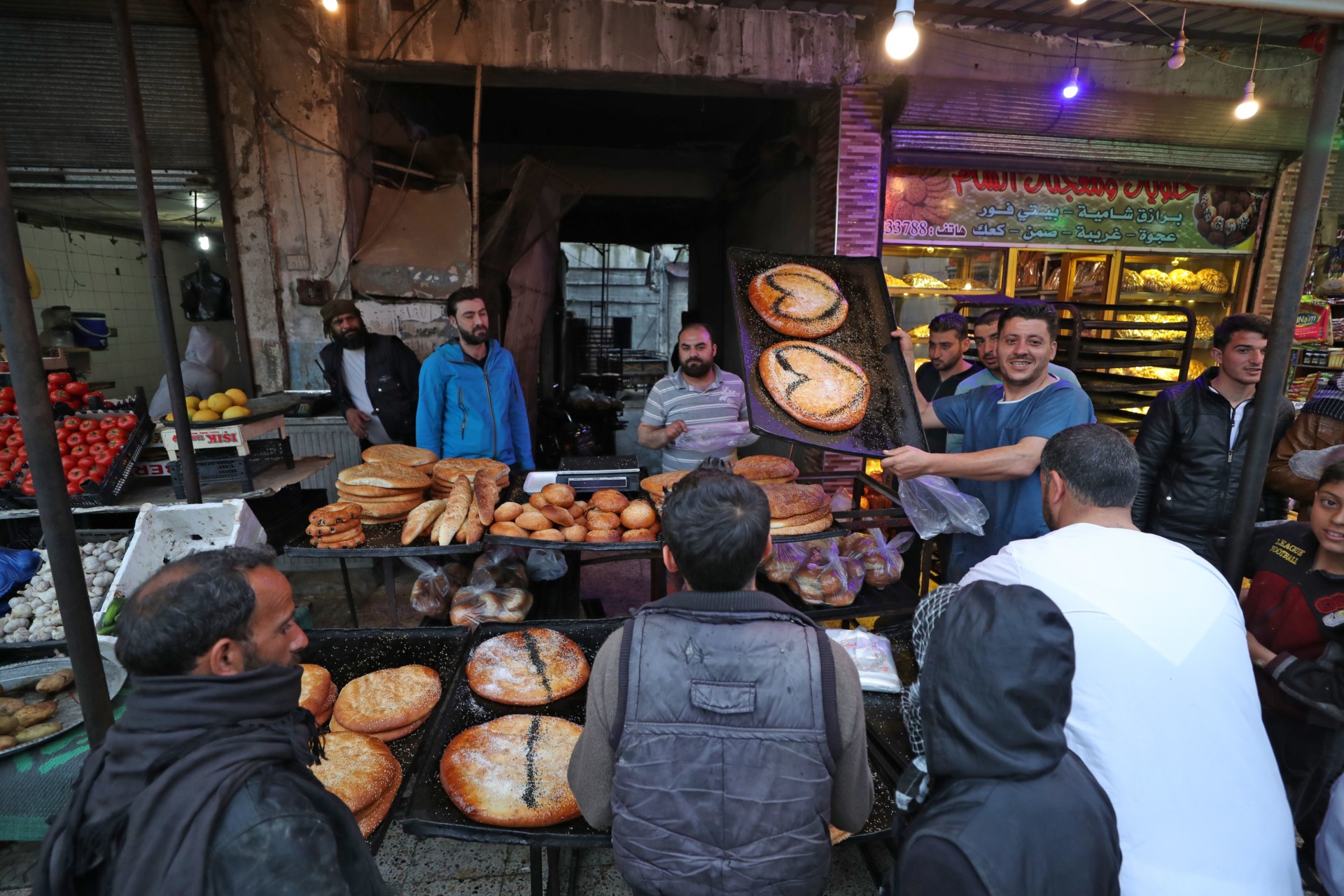
Syria’s Famished Victory
Food, especially in a country so famous for its cuisine, is not just about nutrition; it is also about culture. What do you do when you can’t afford the food? You stop inviting people, apart from the ones you don’t feel embarrassed in front of when you can only serve coffee.
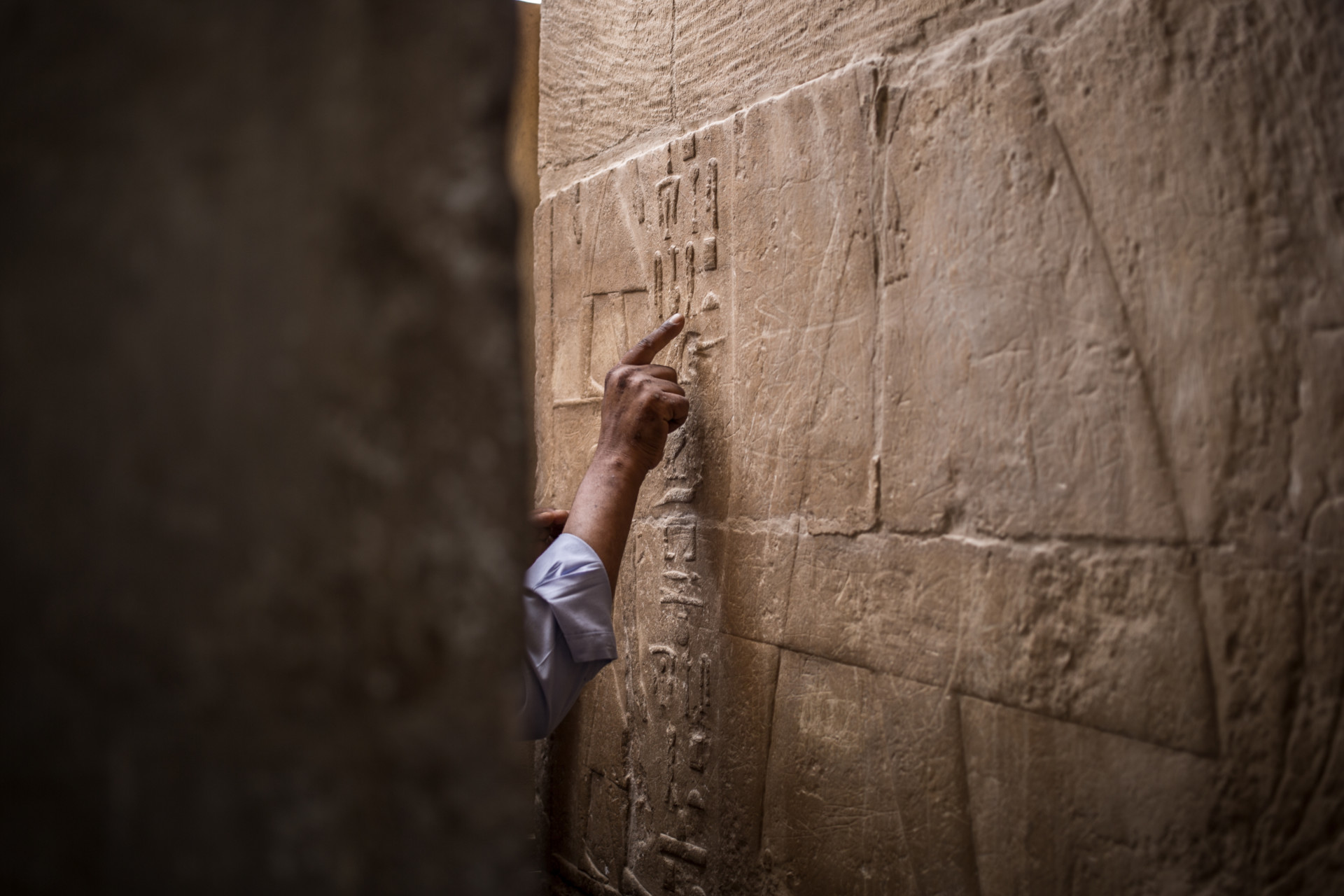
The Riddle of the Sinai Sphinx
A small sphinx in the Sinai’s Temple of Hathor had carried a riddle for millennia. In solving it, archaeologists discovered how turquoise miners from the East had replaced hieroglyphs with letters and invented the alphabet.
